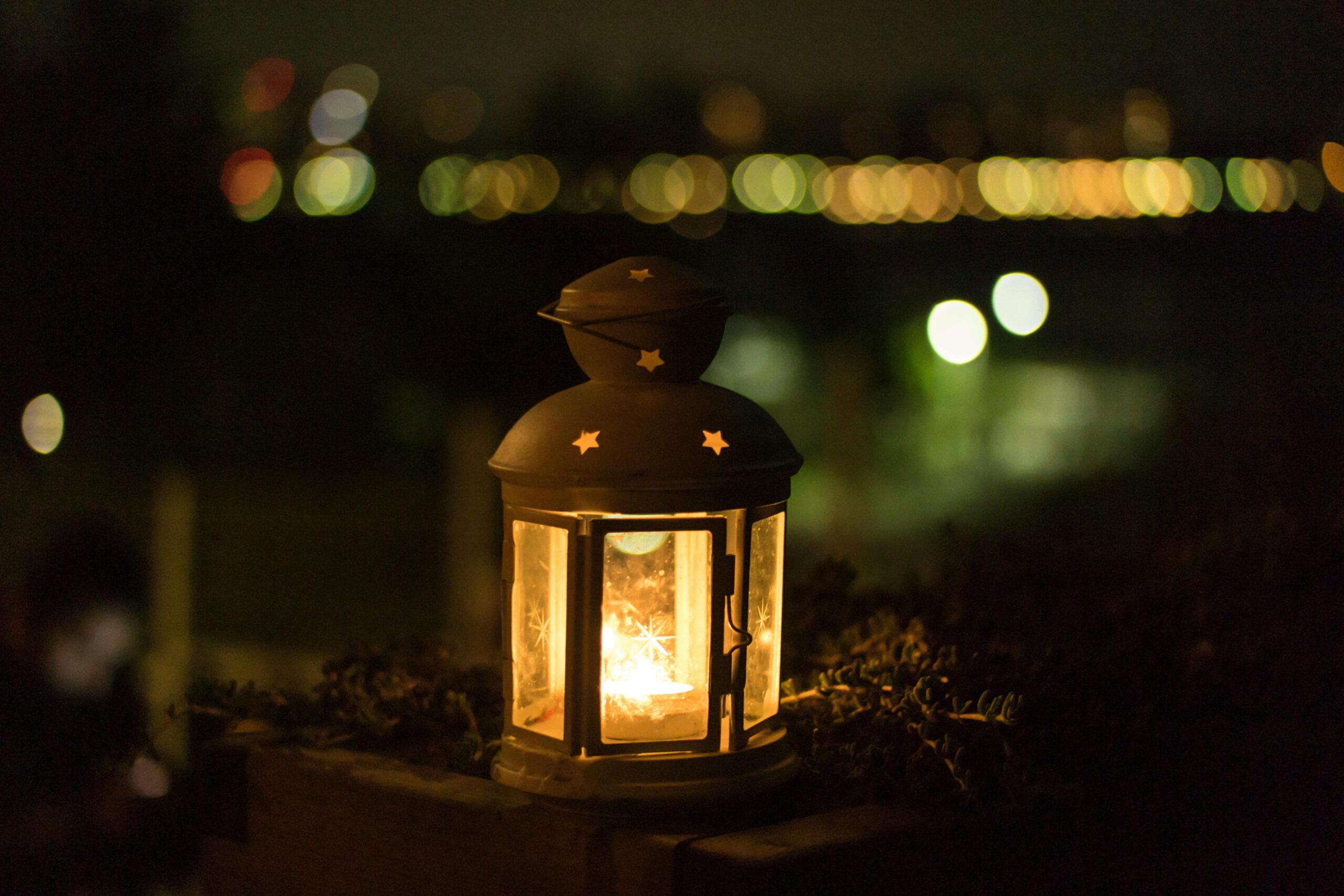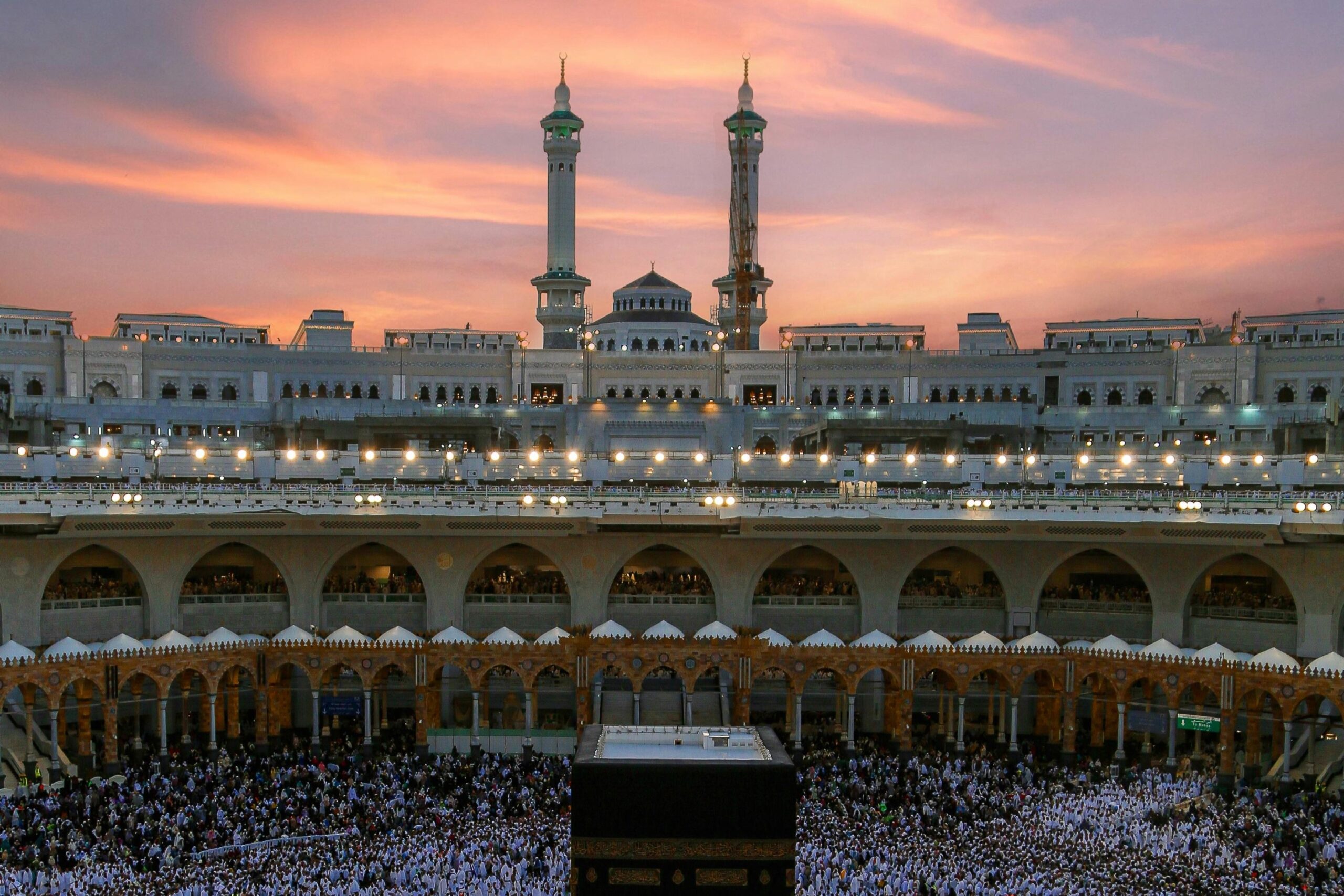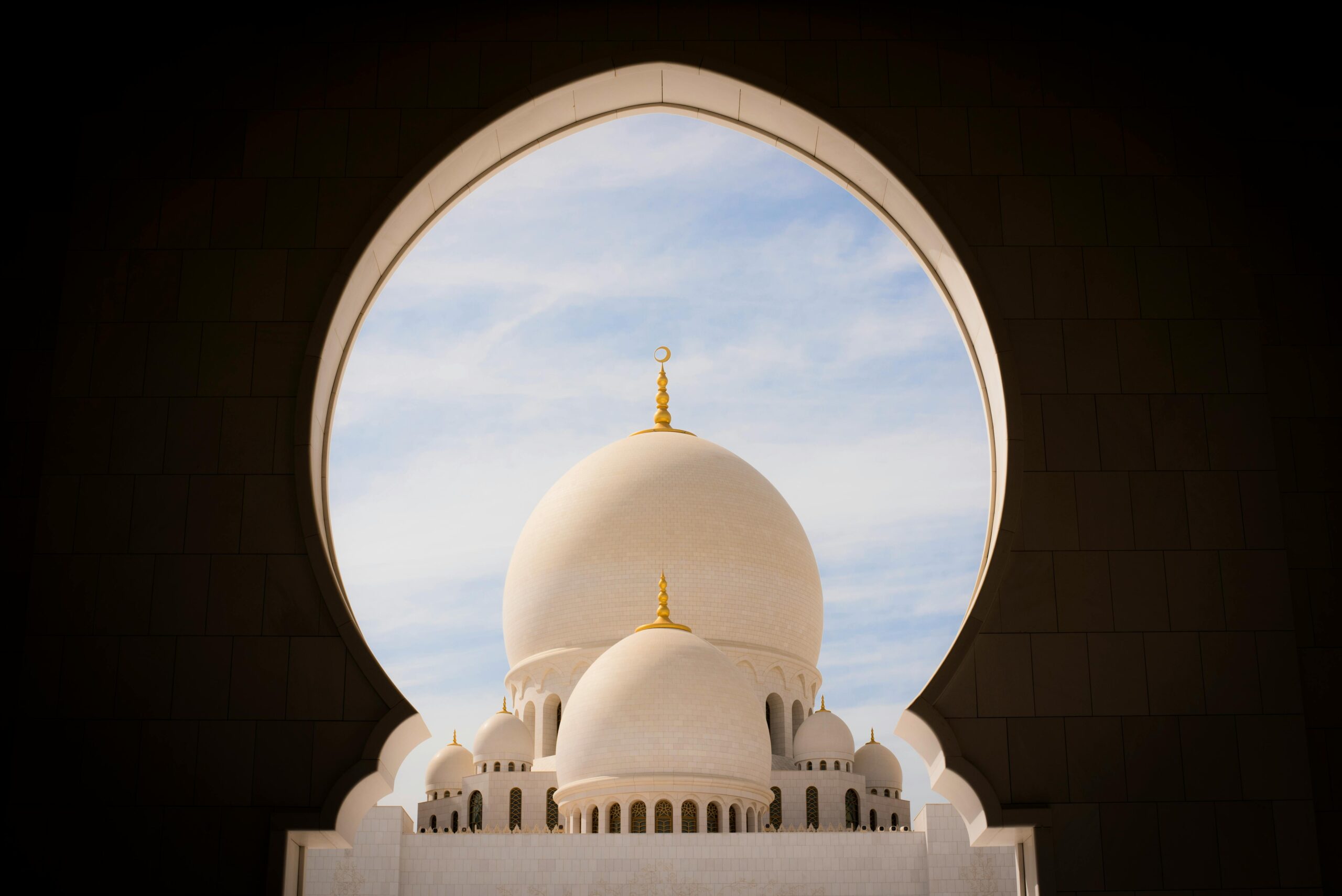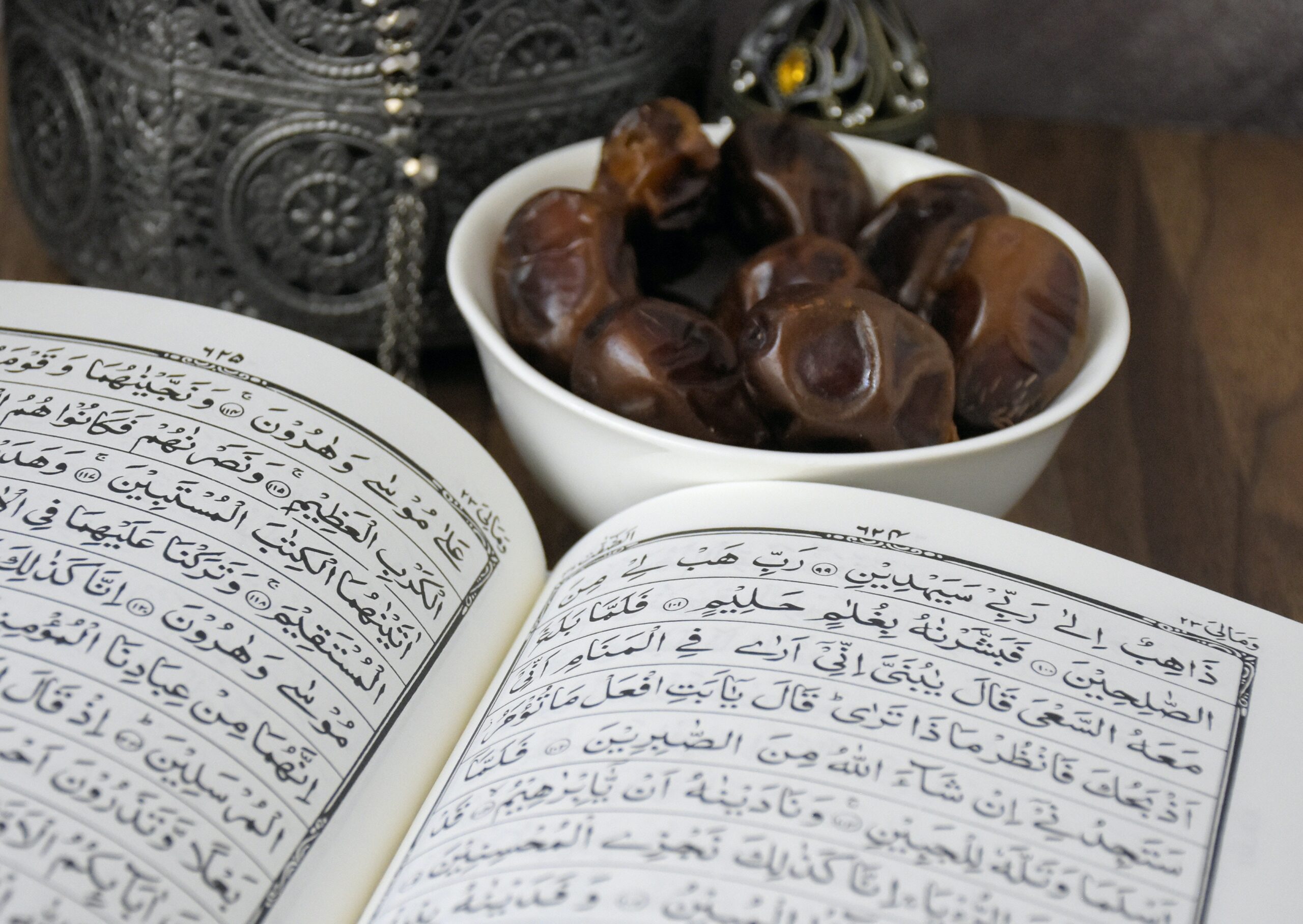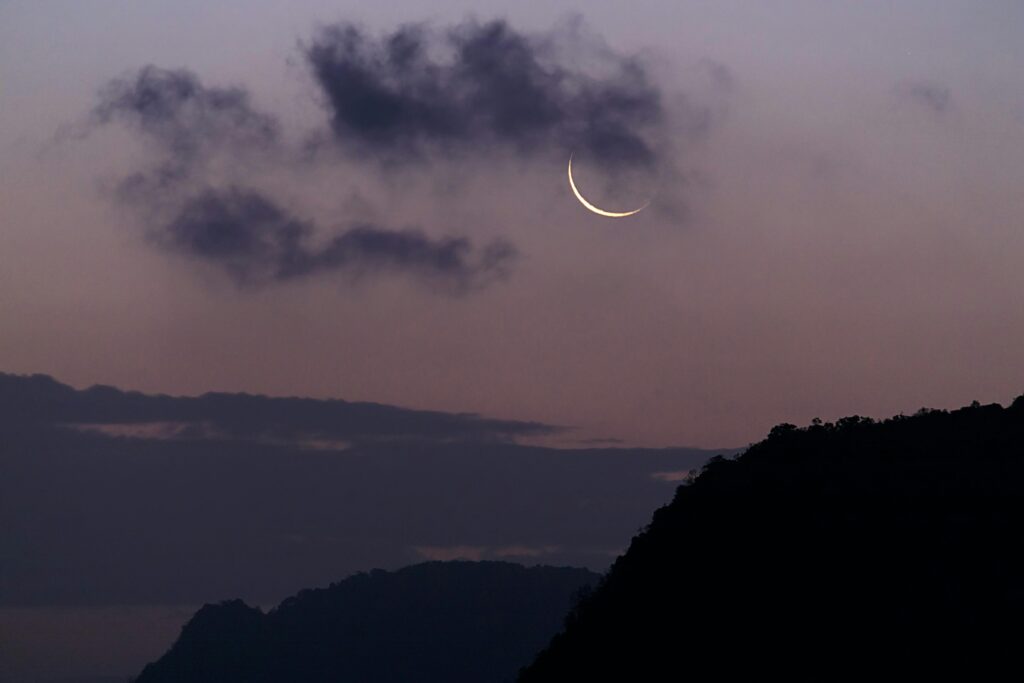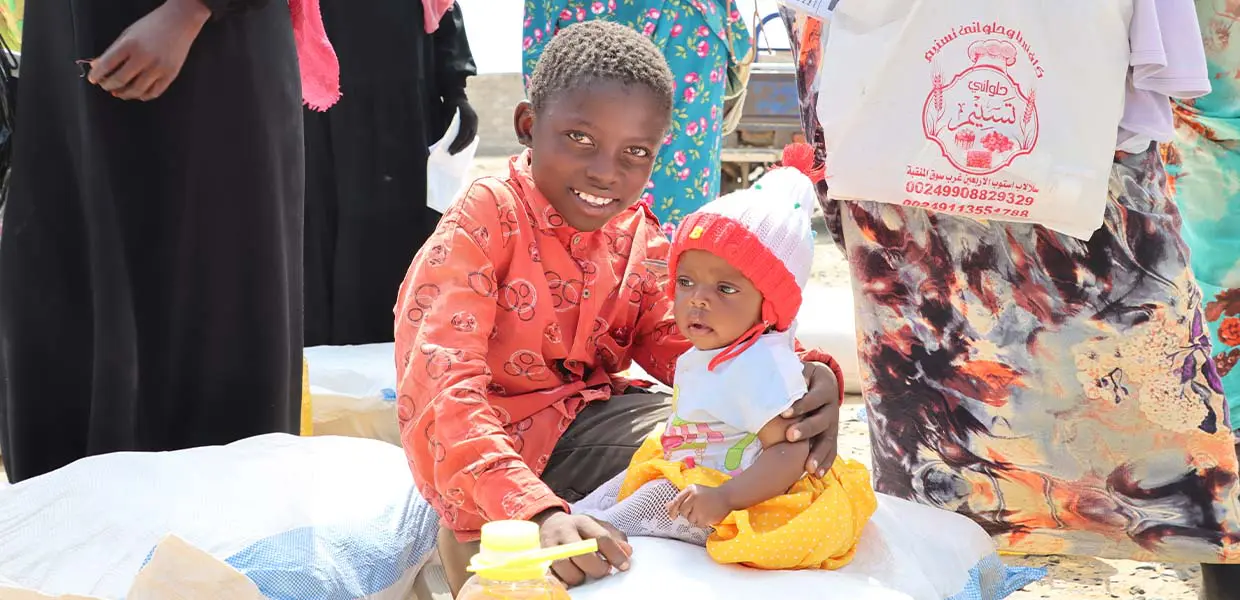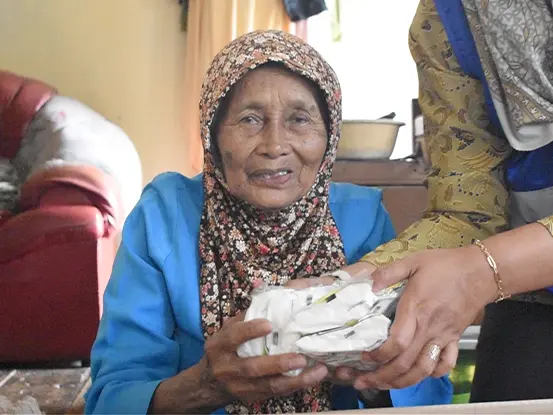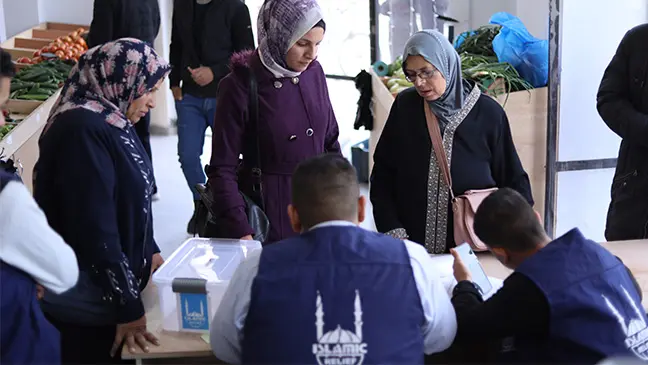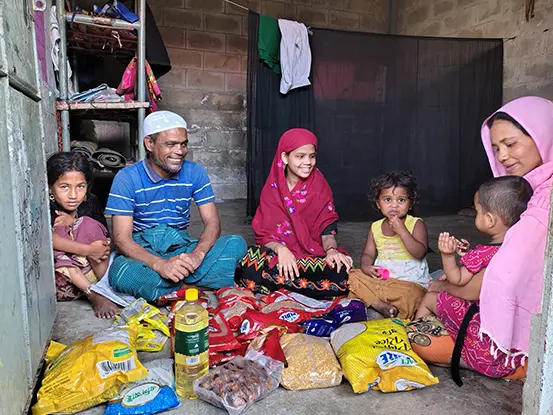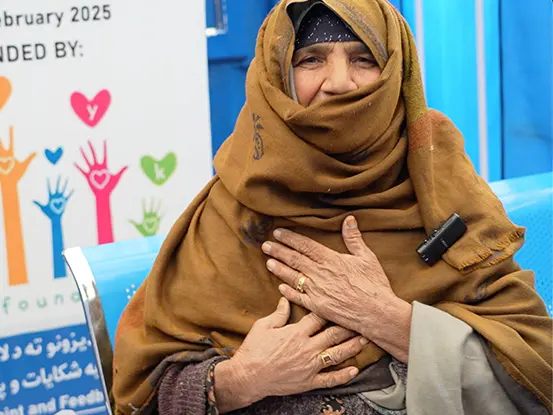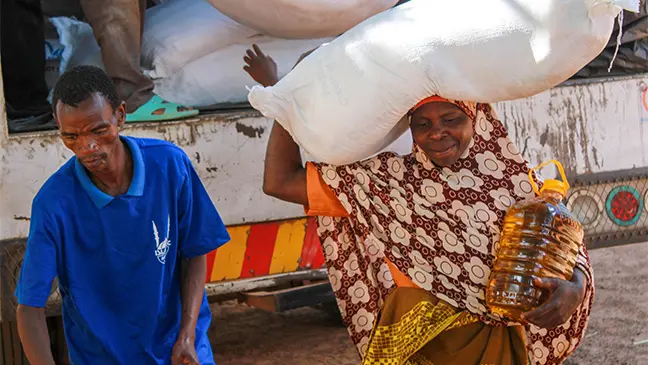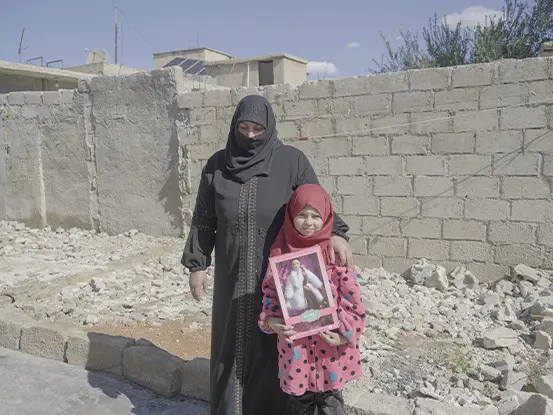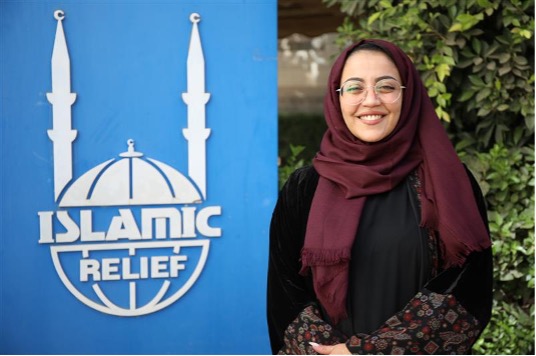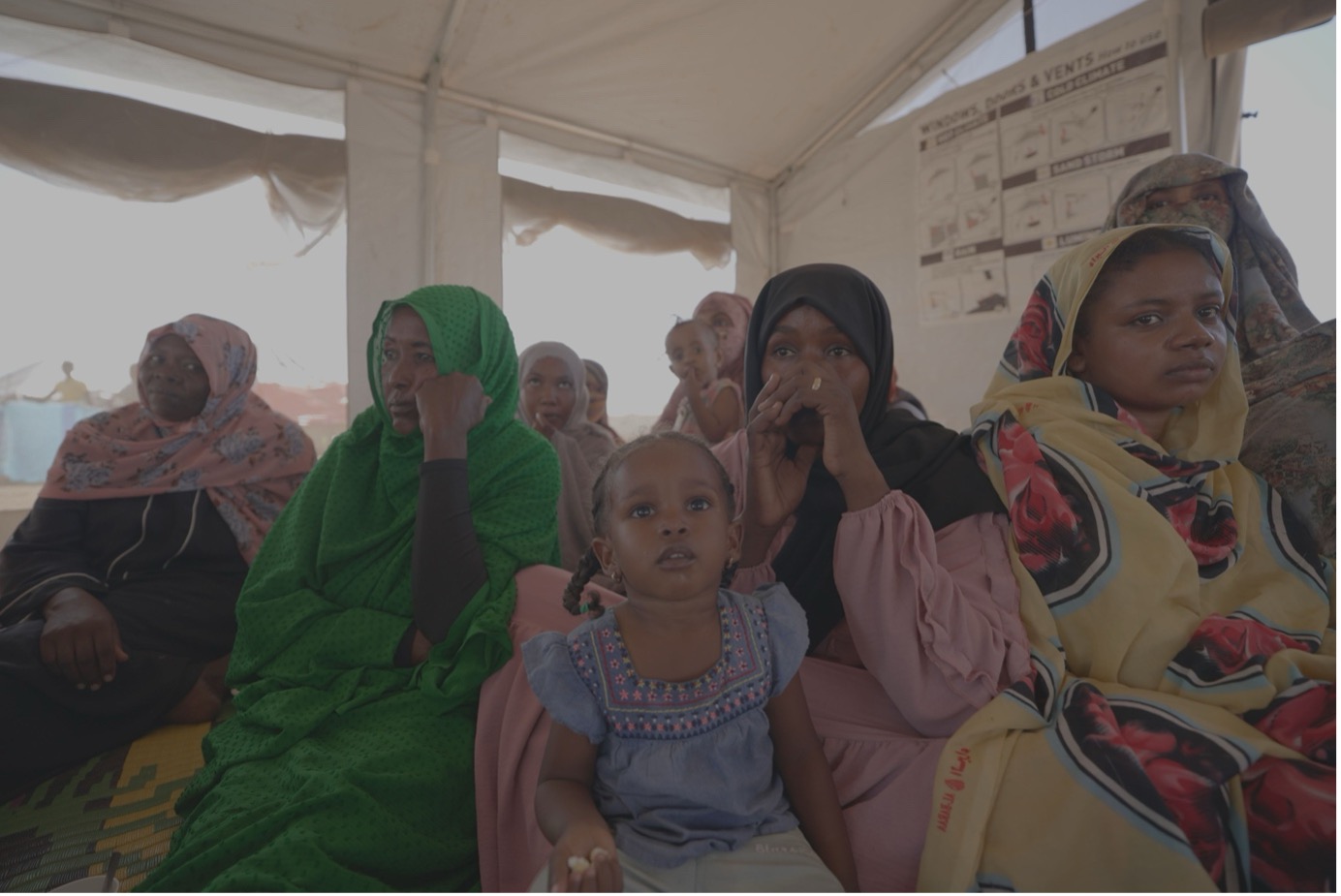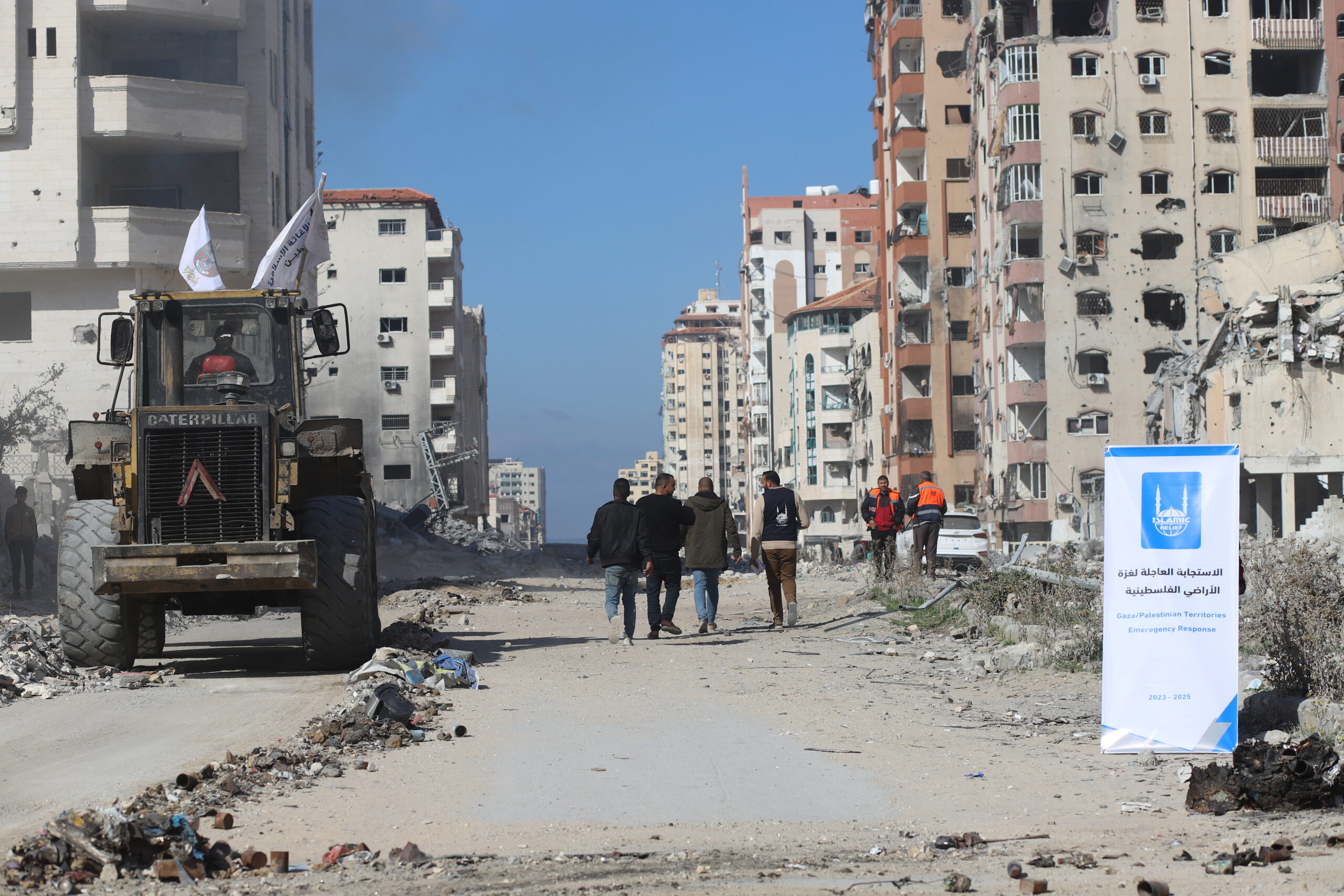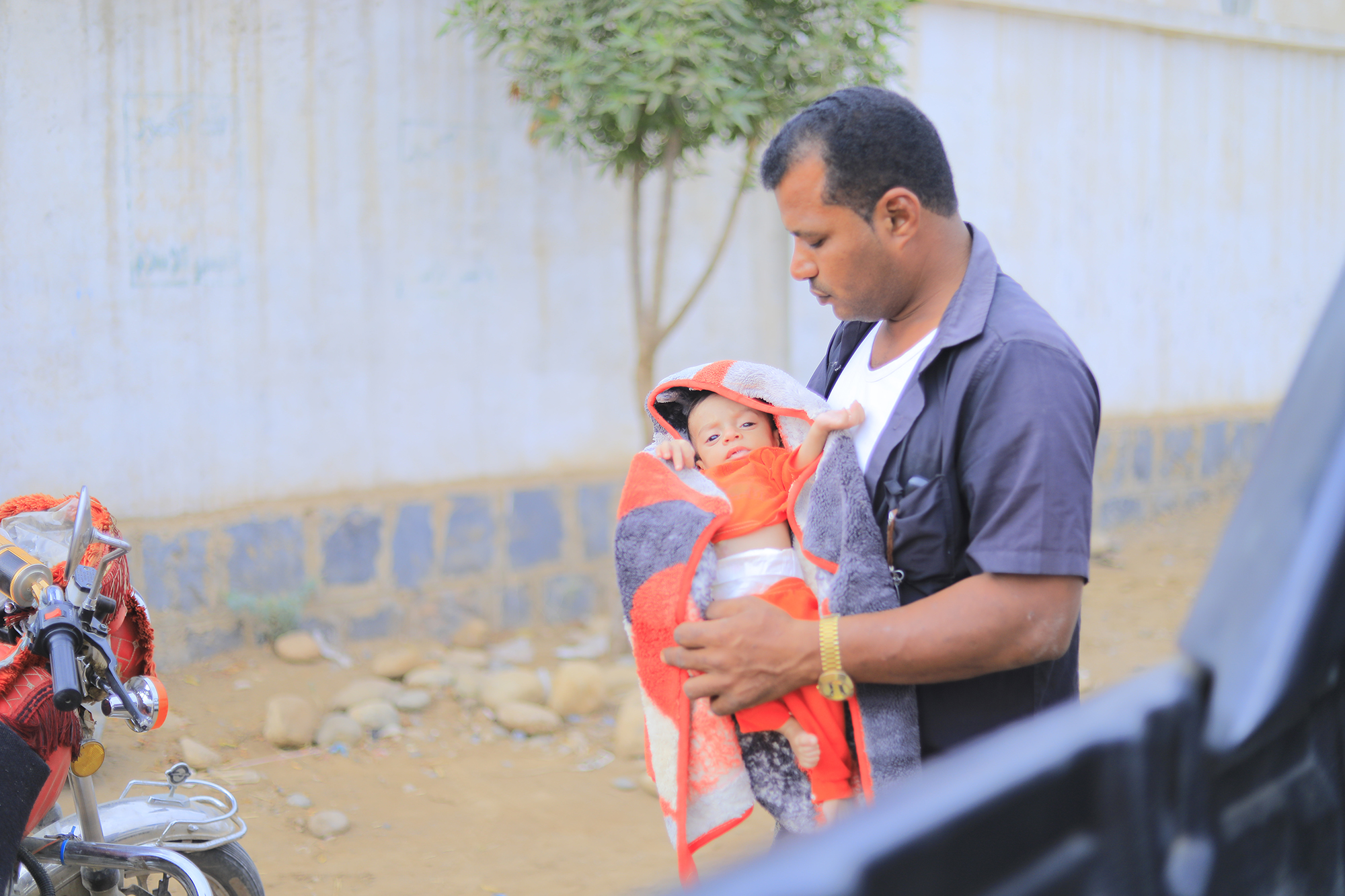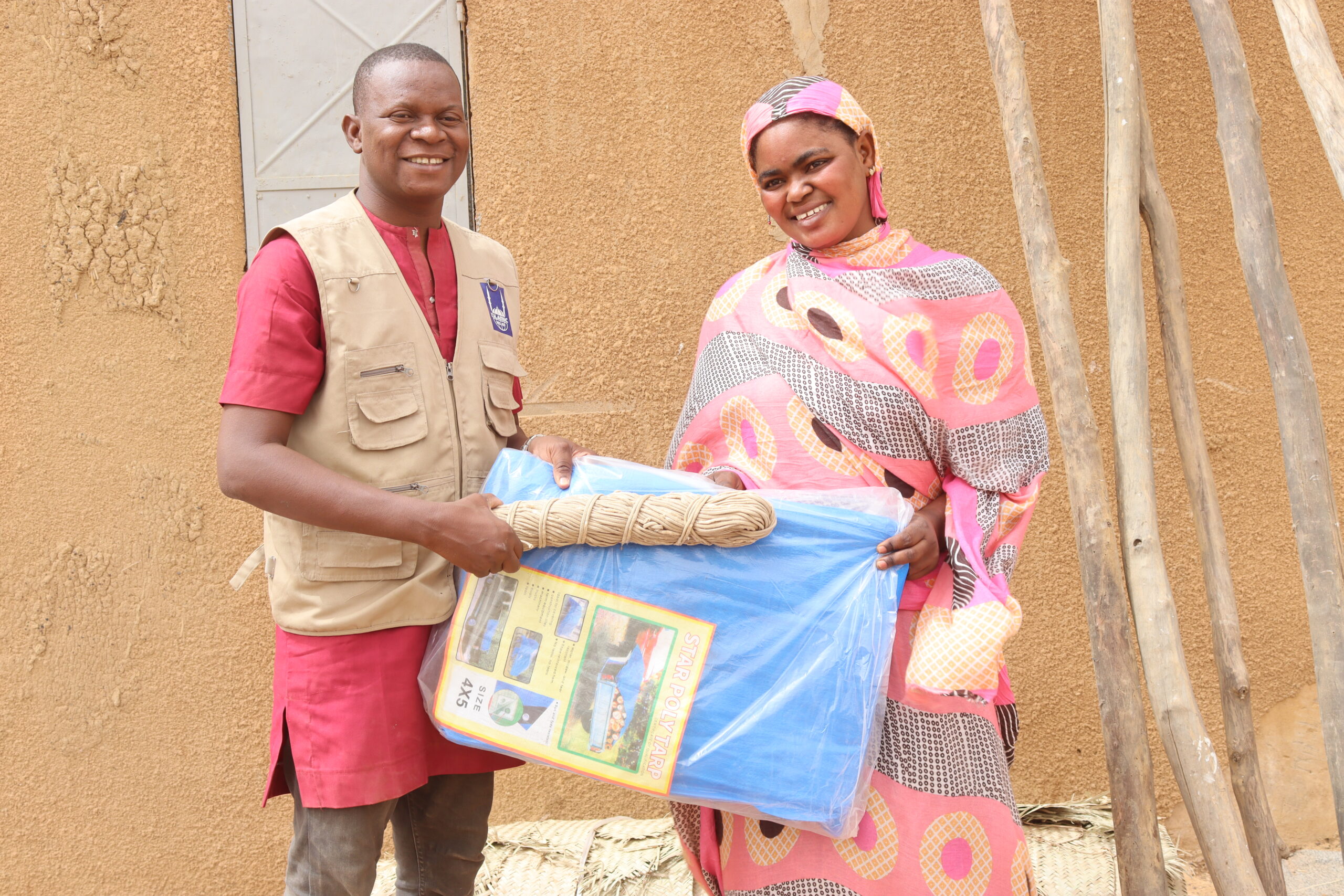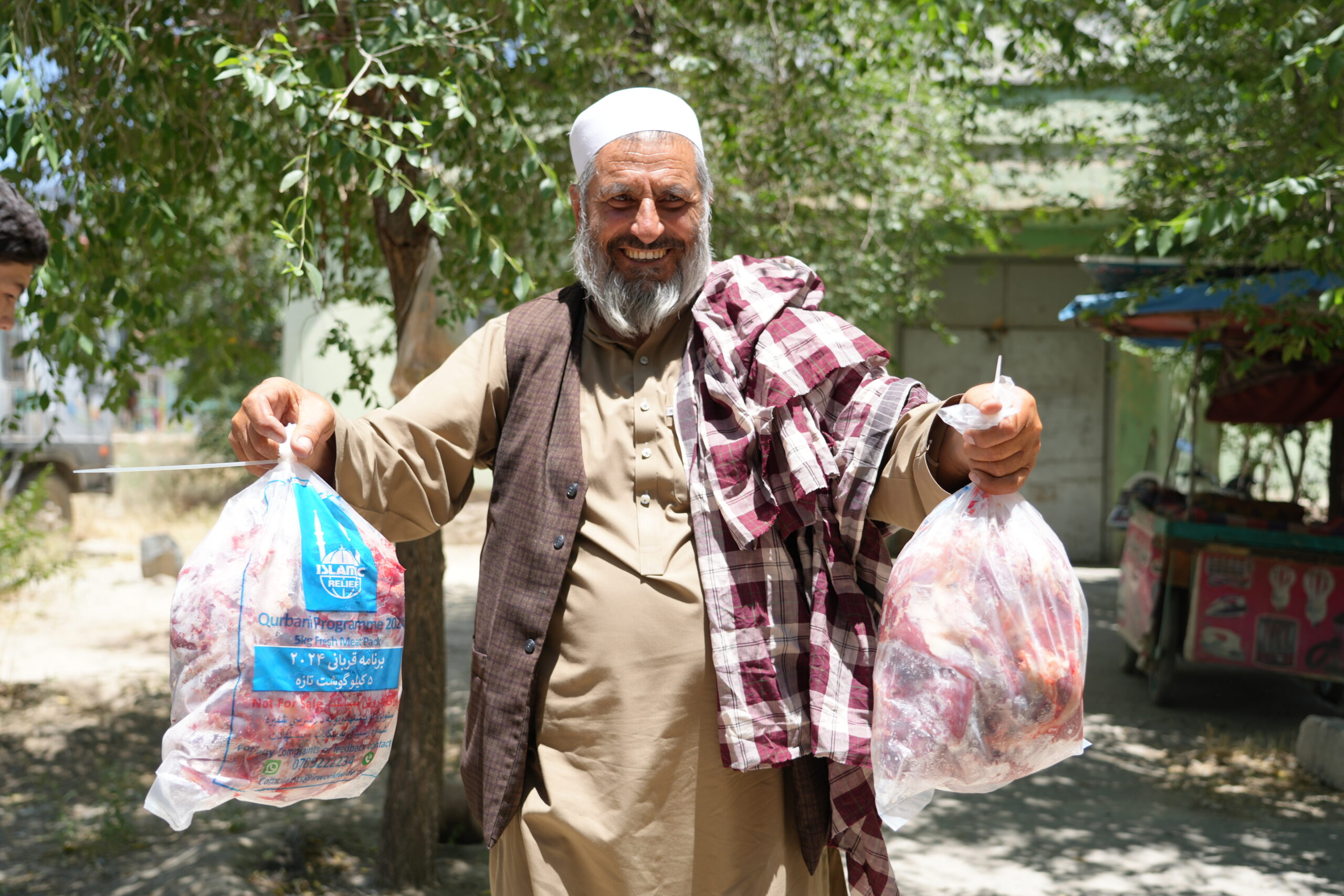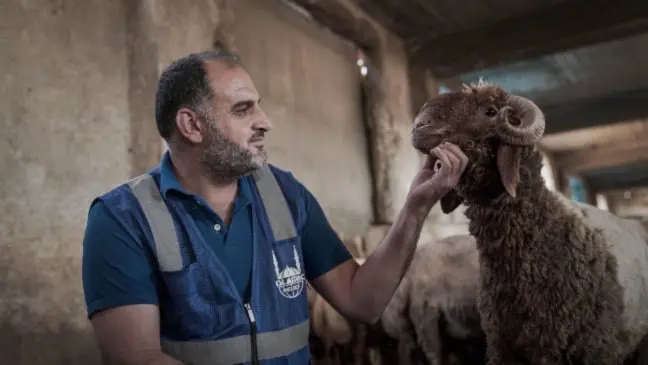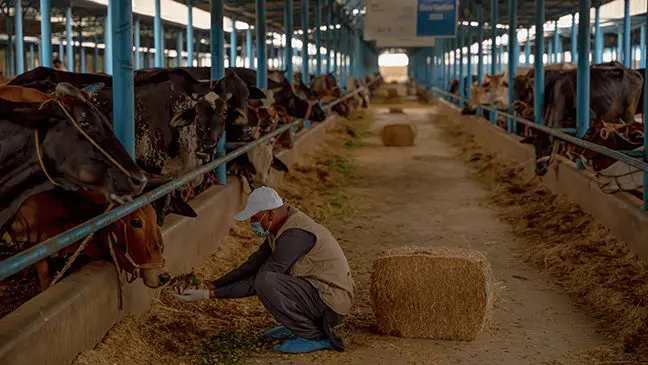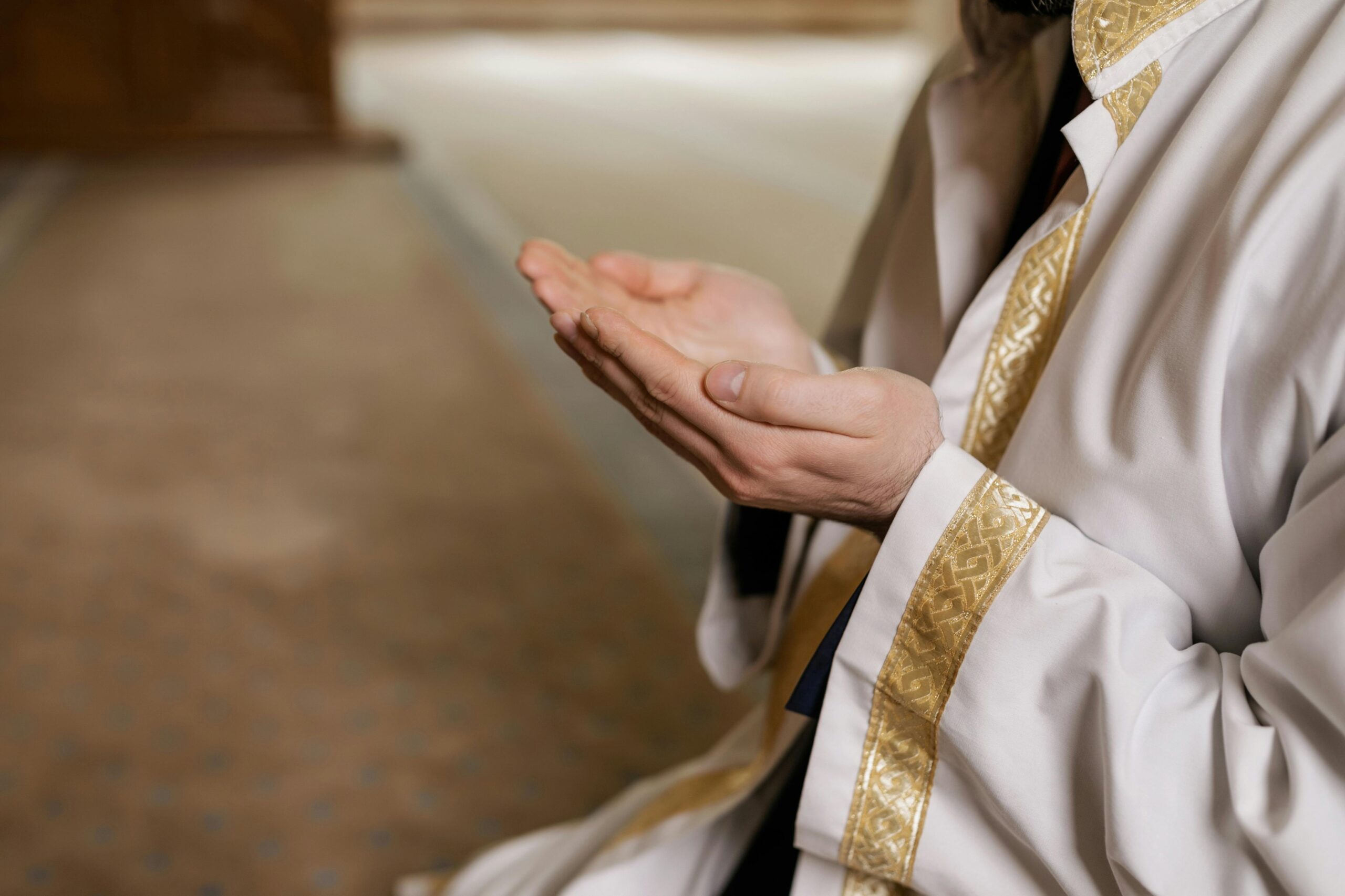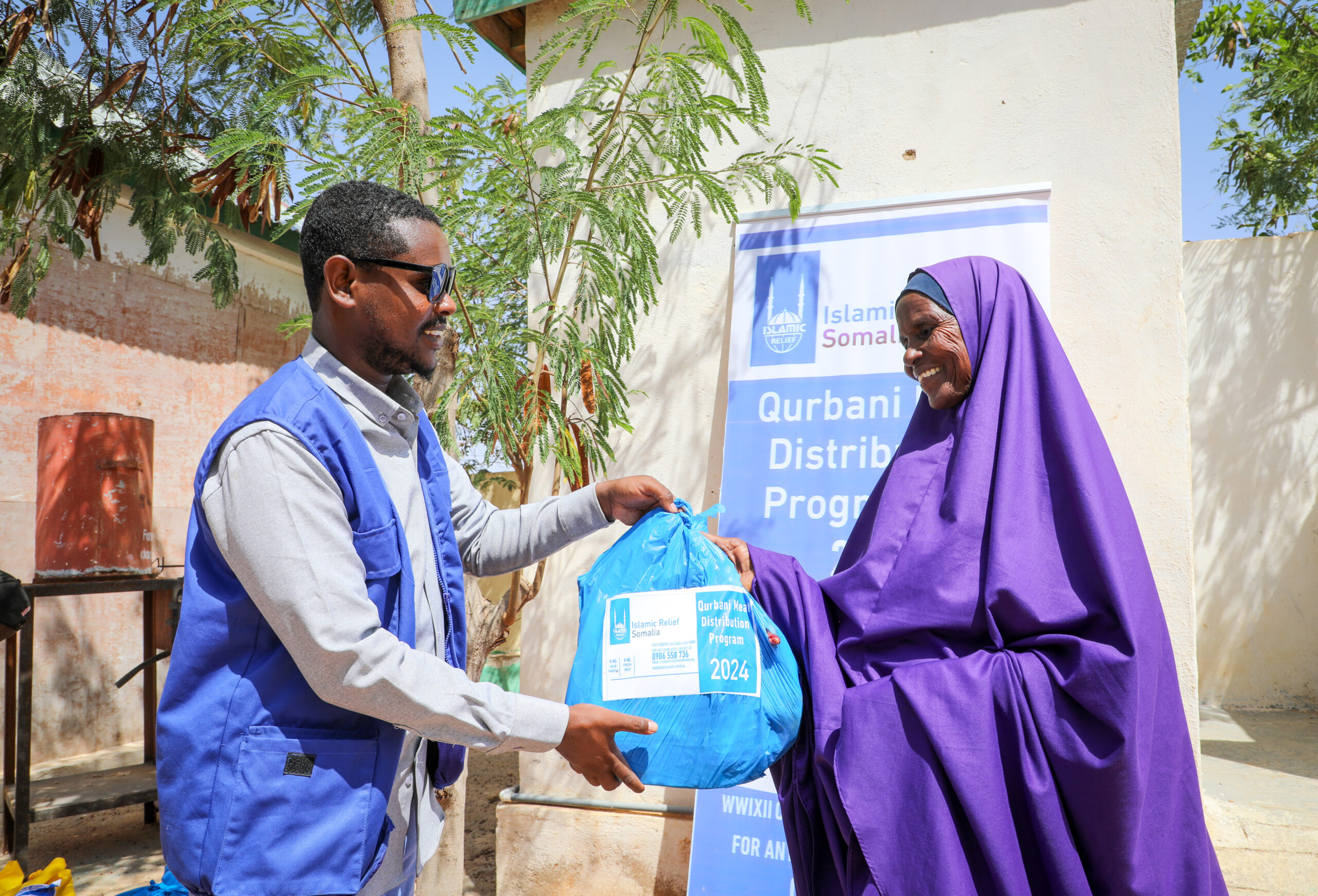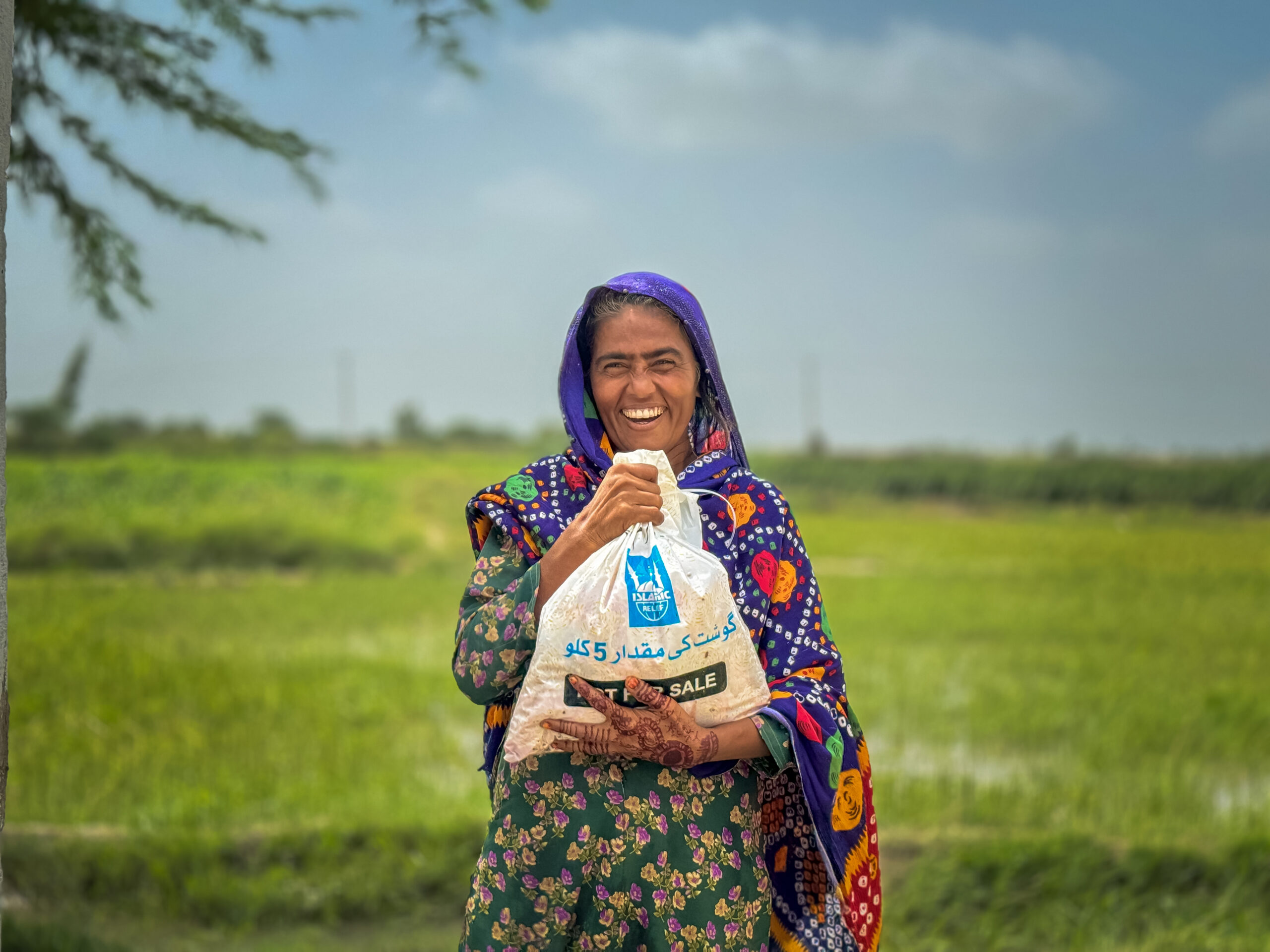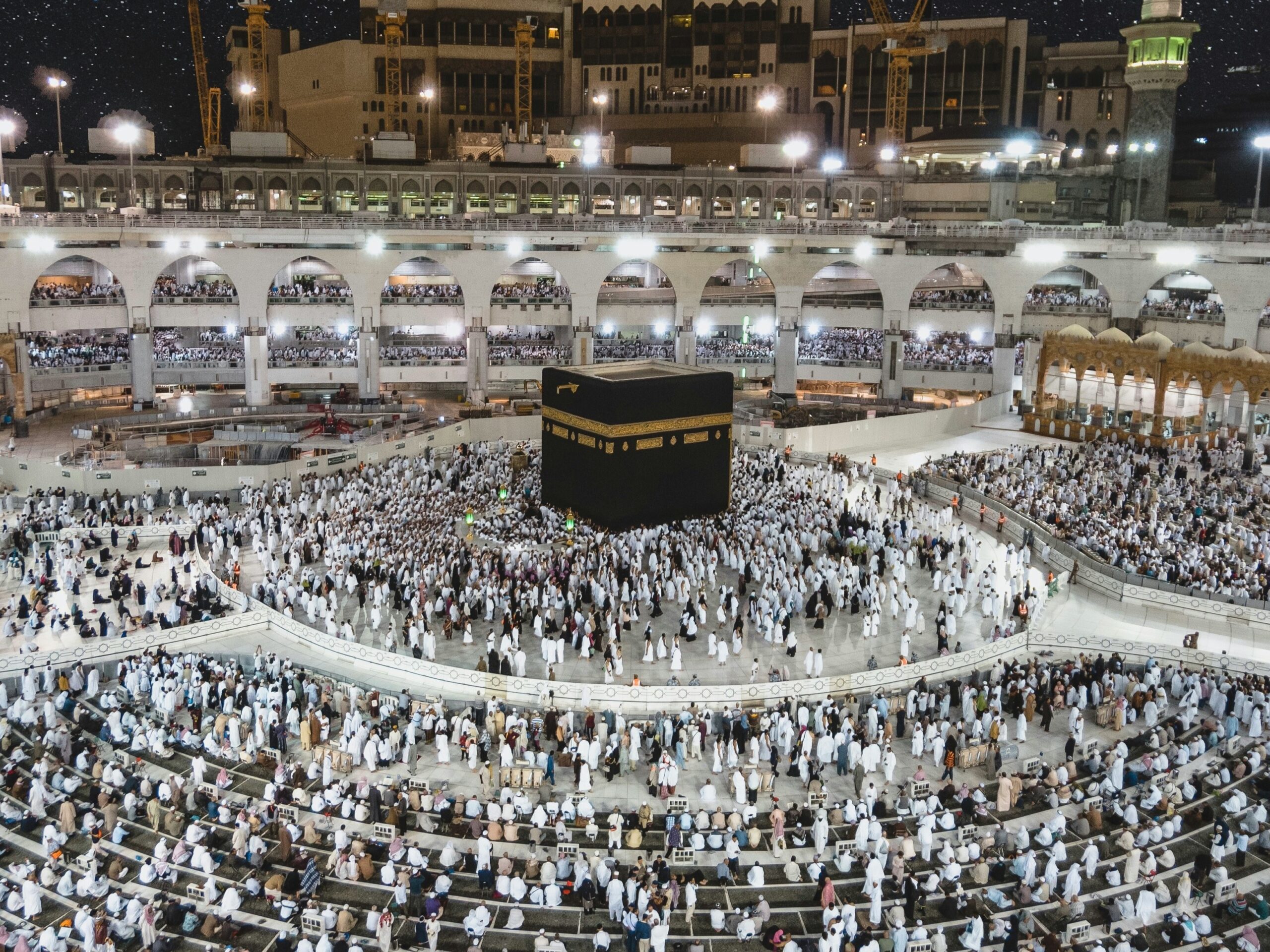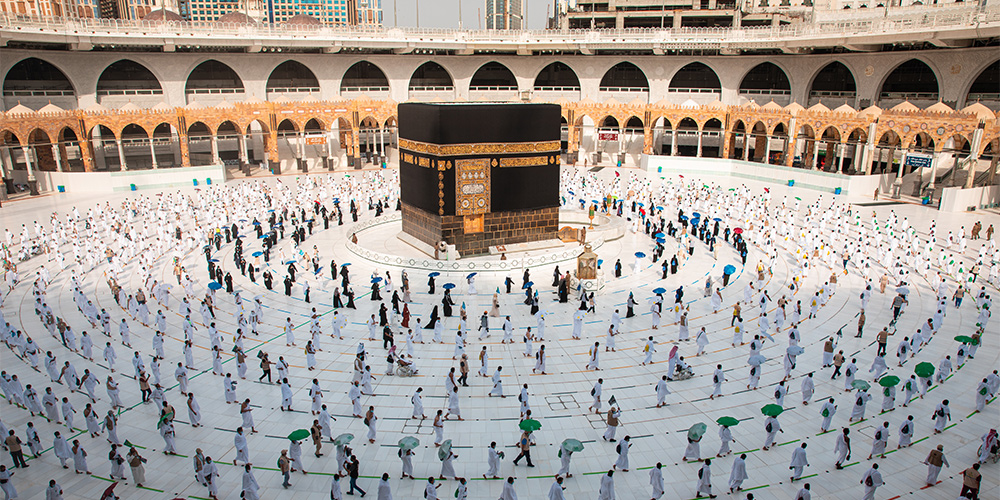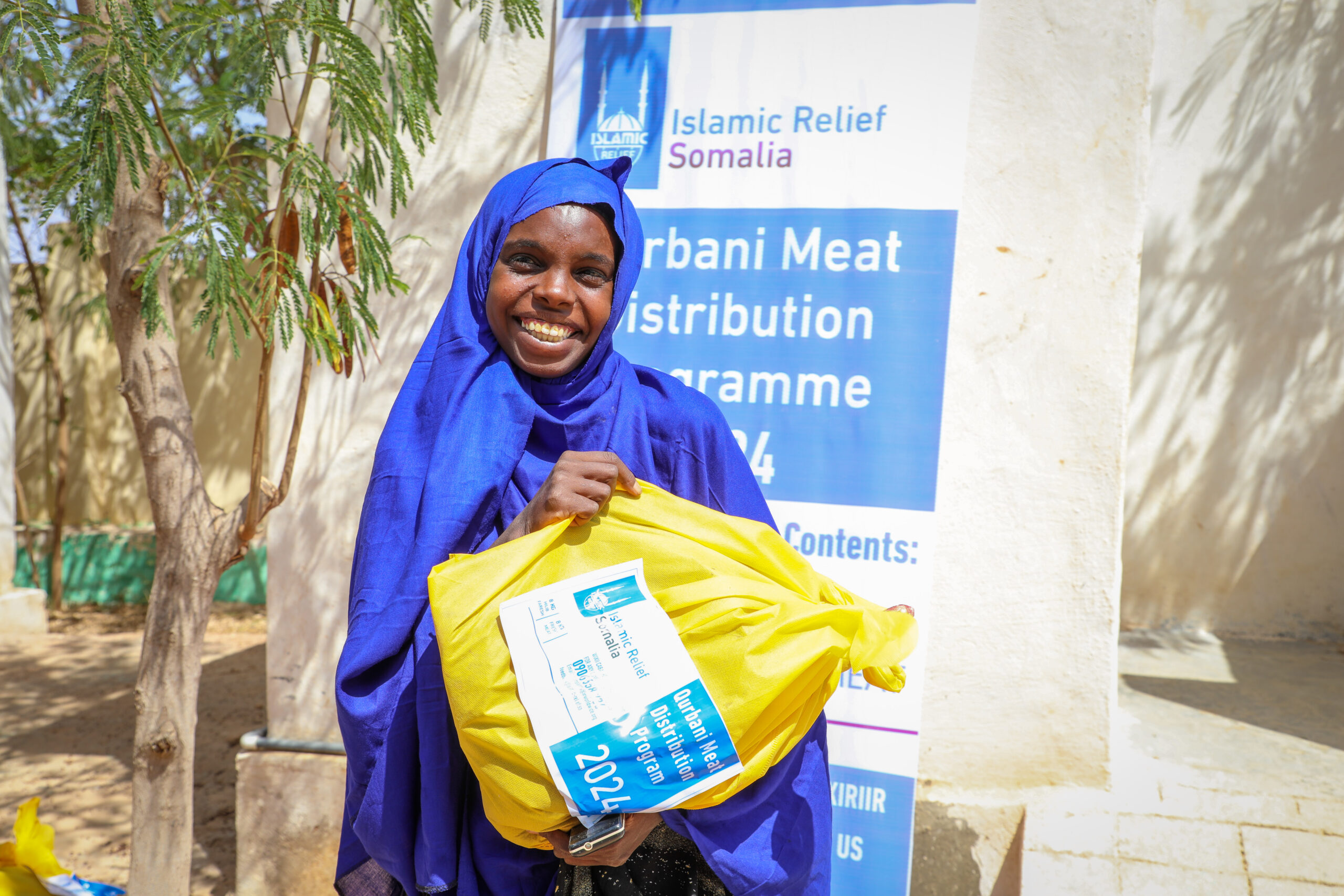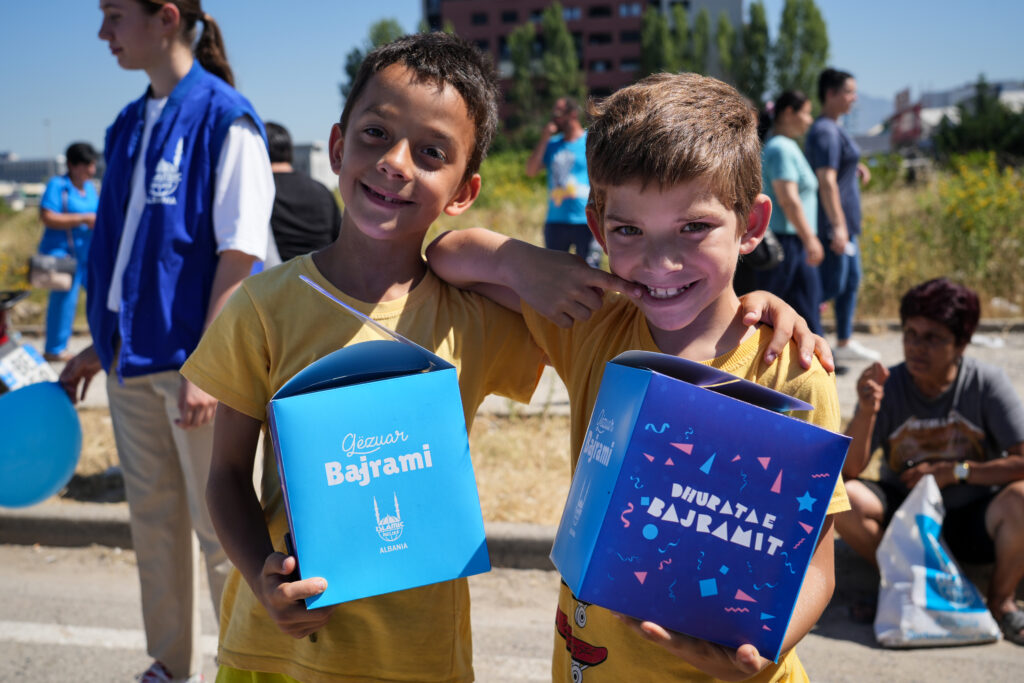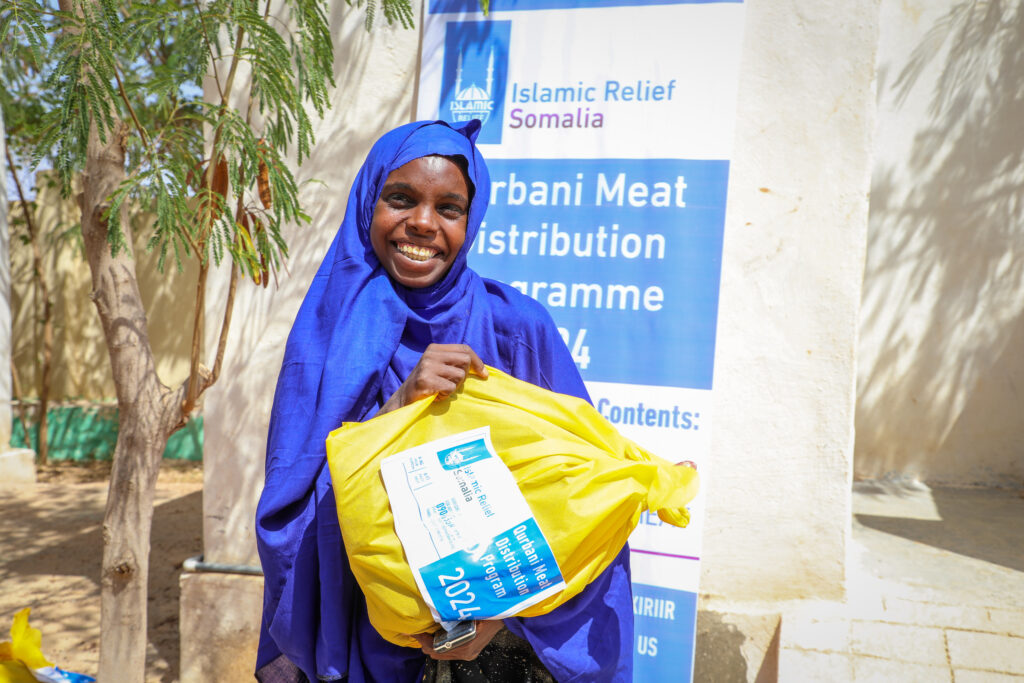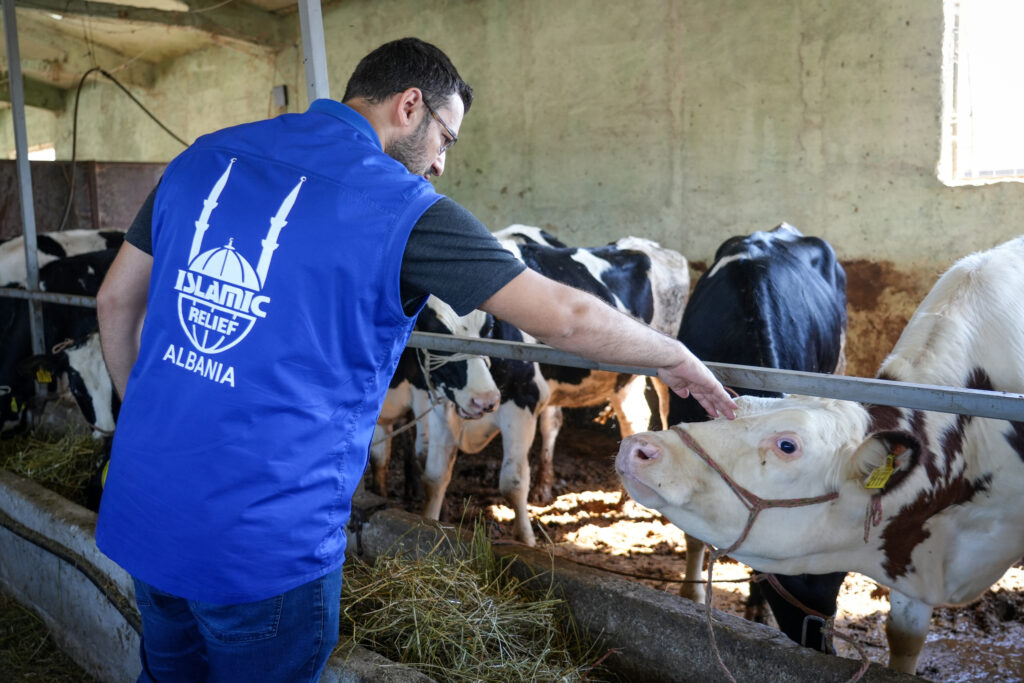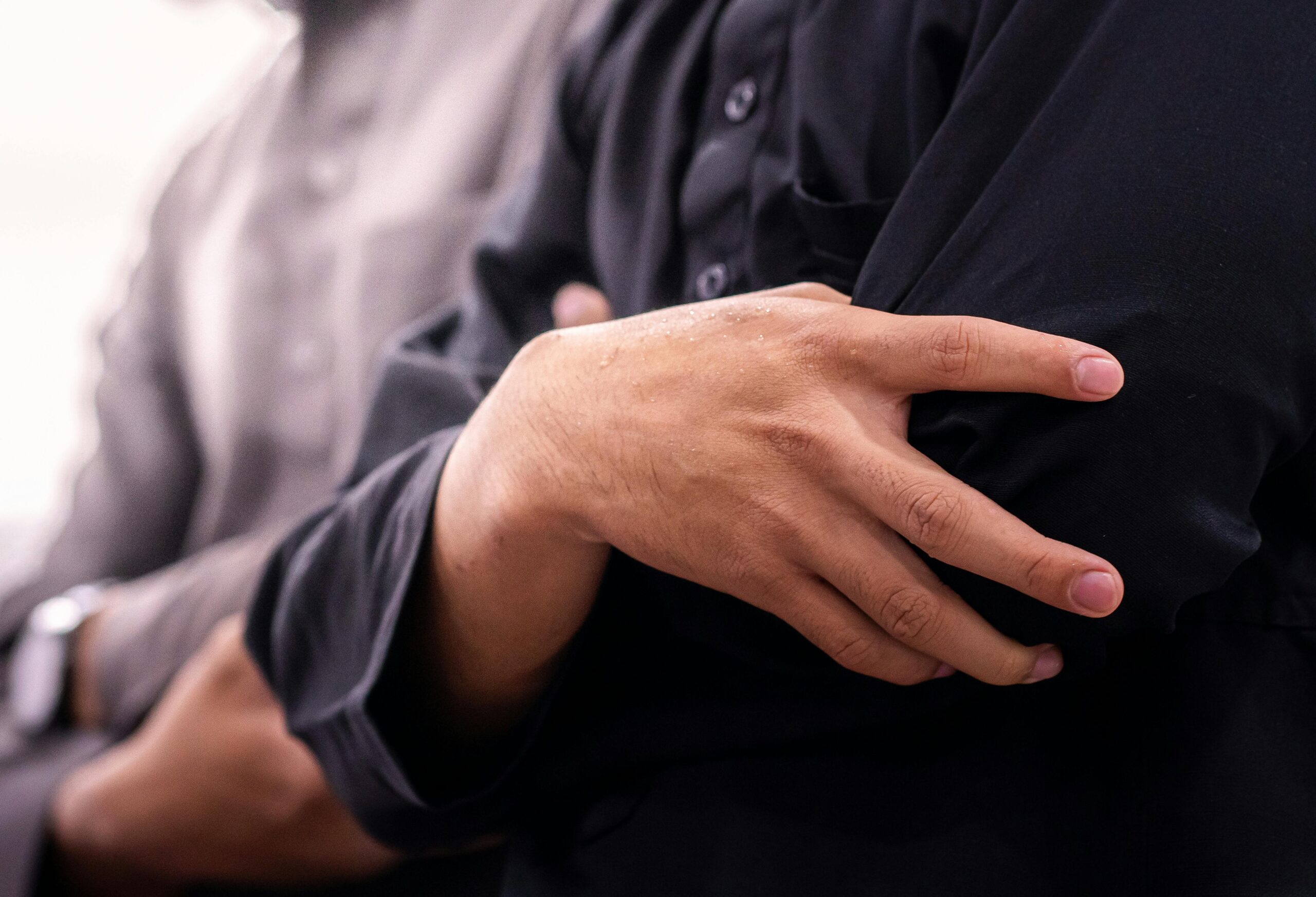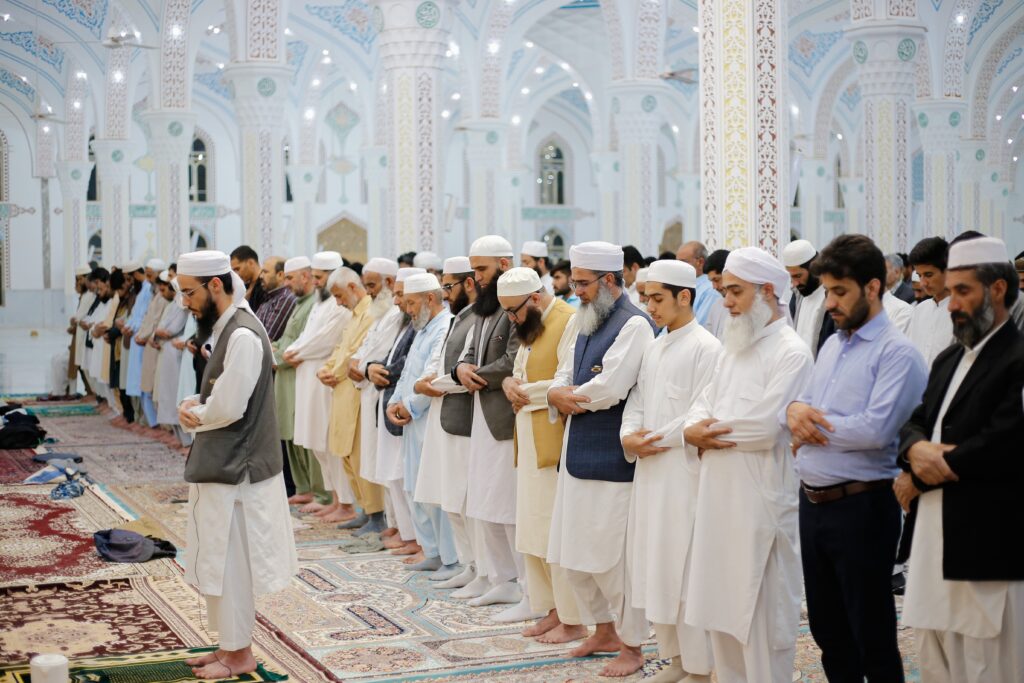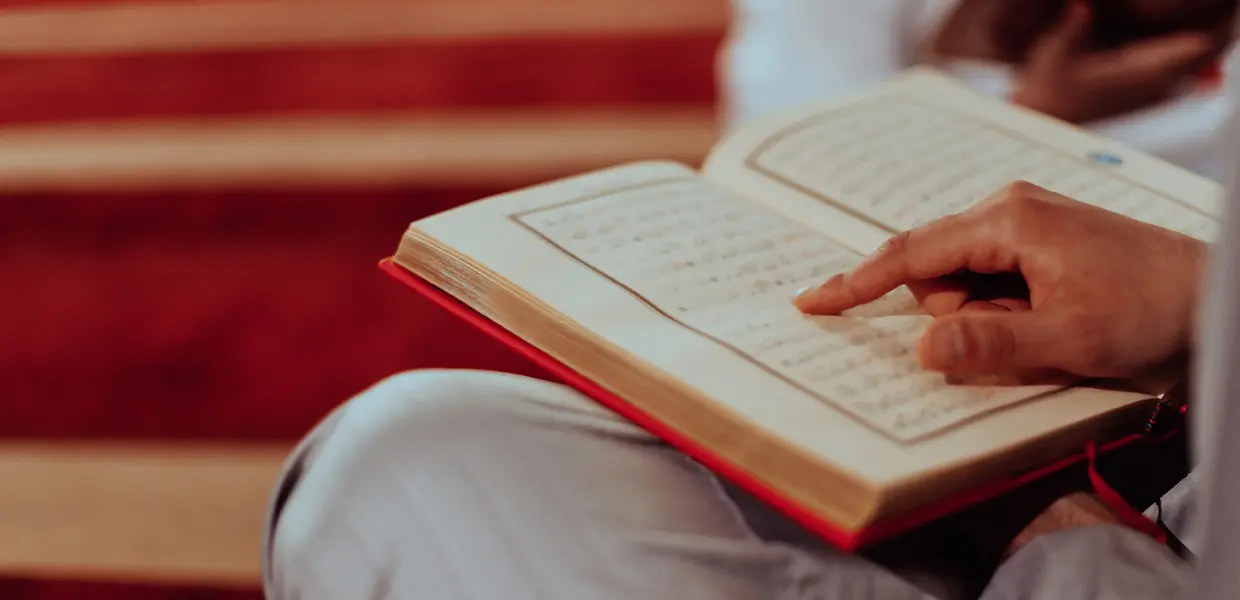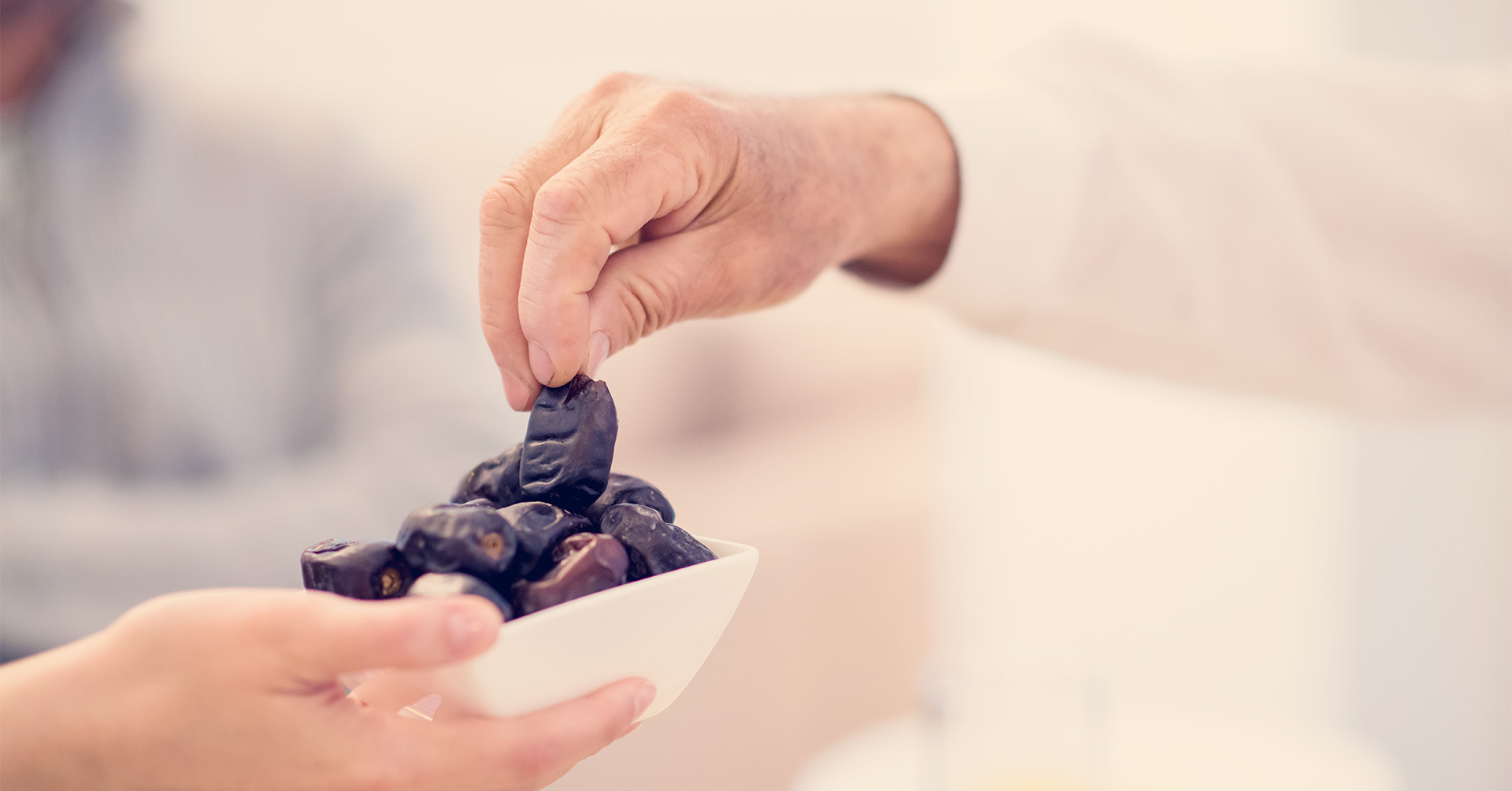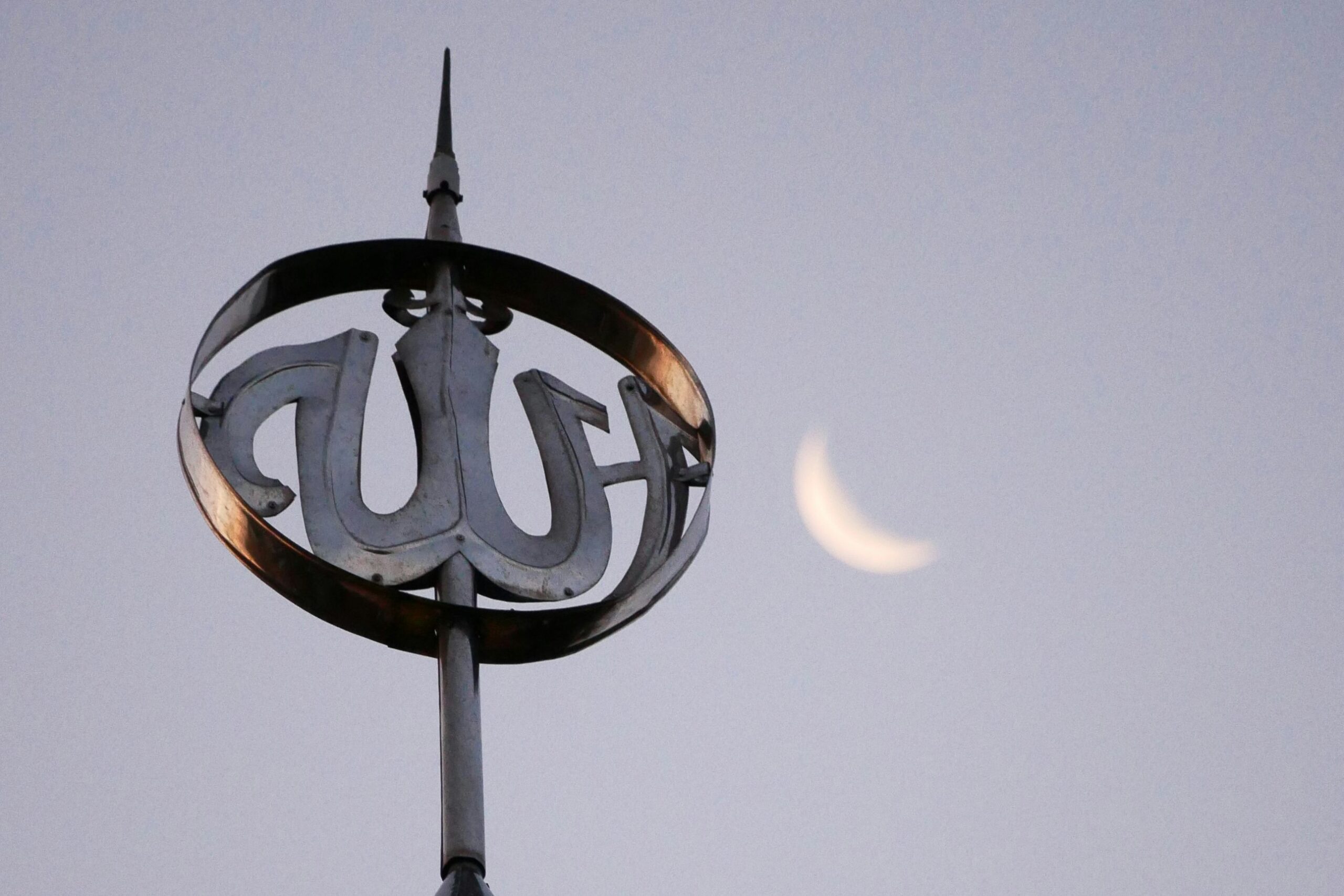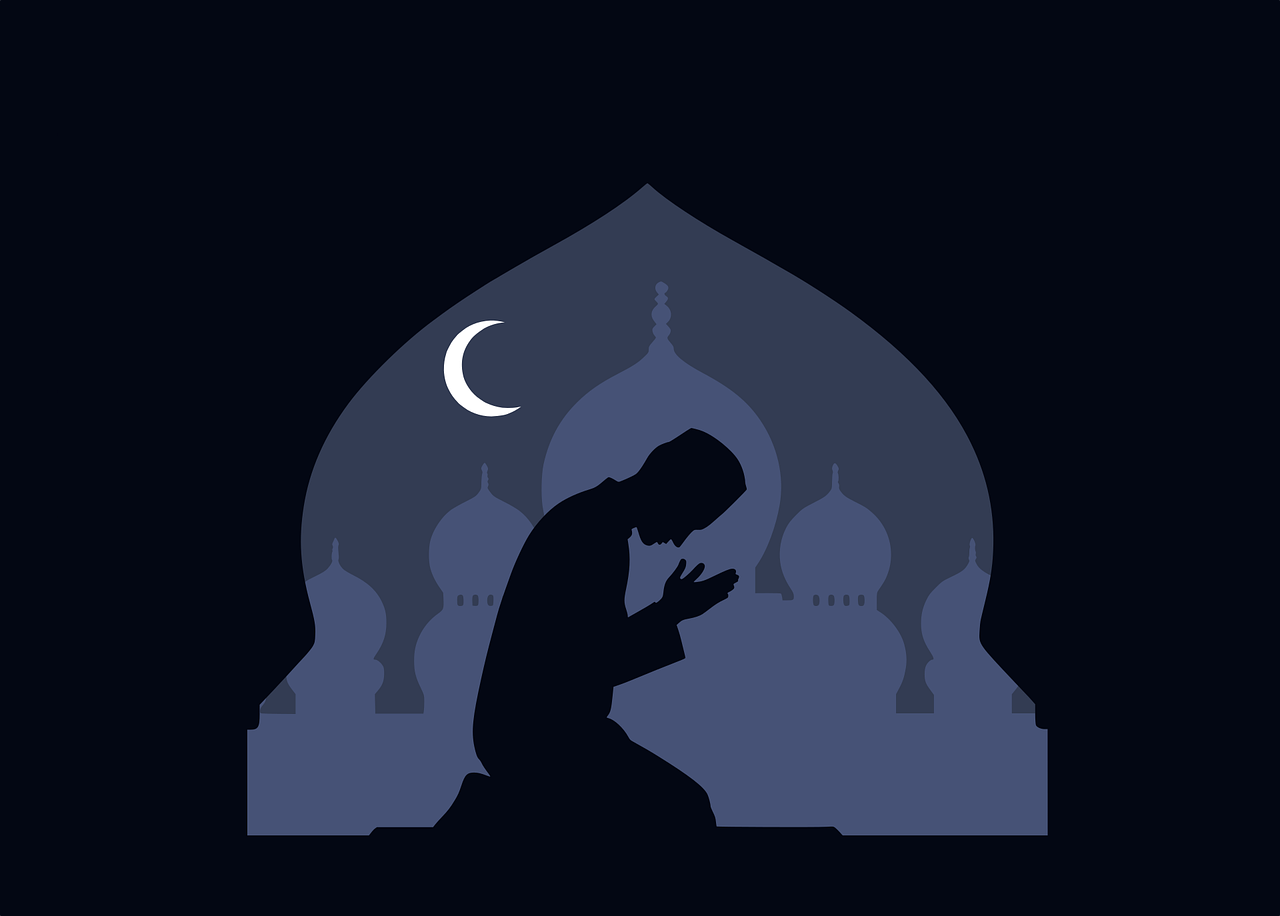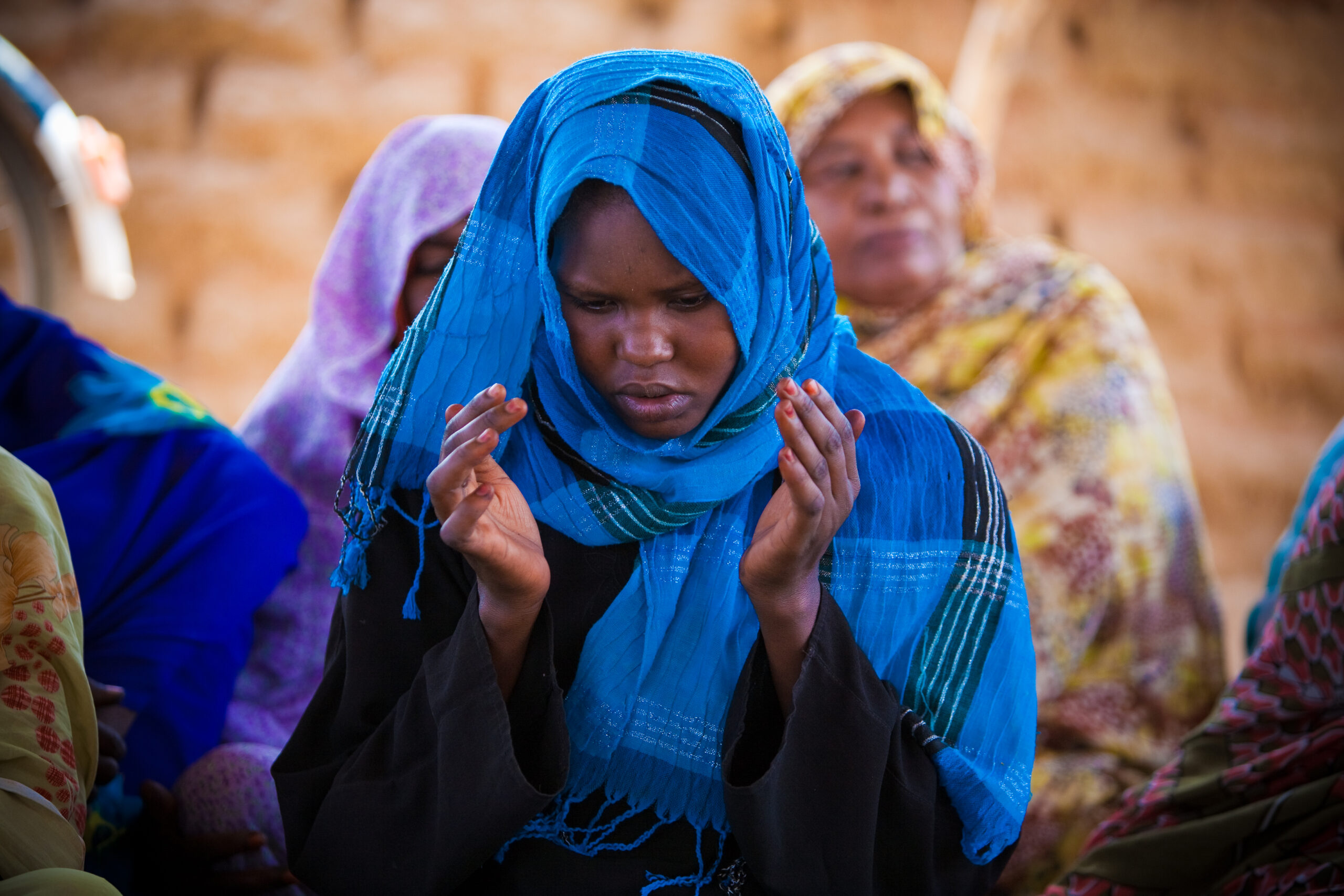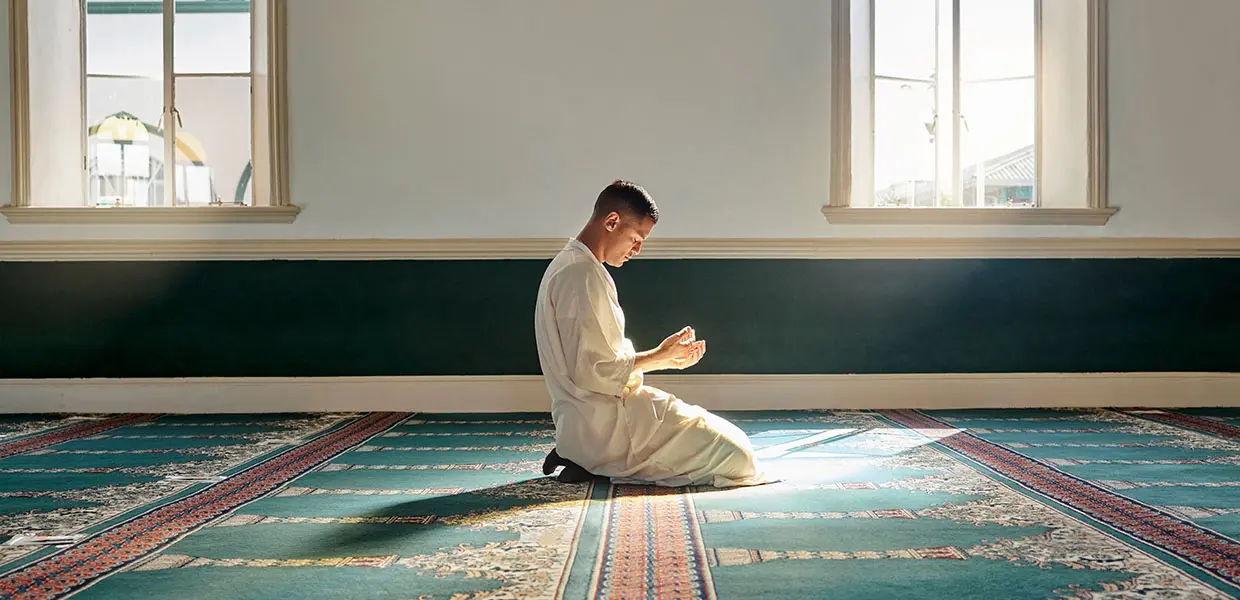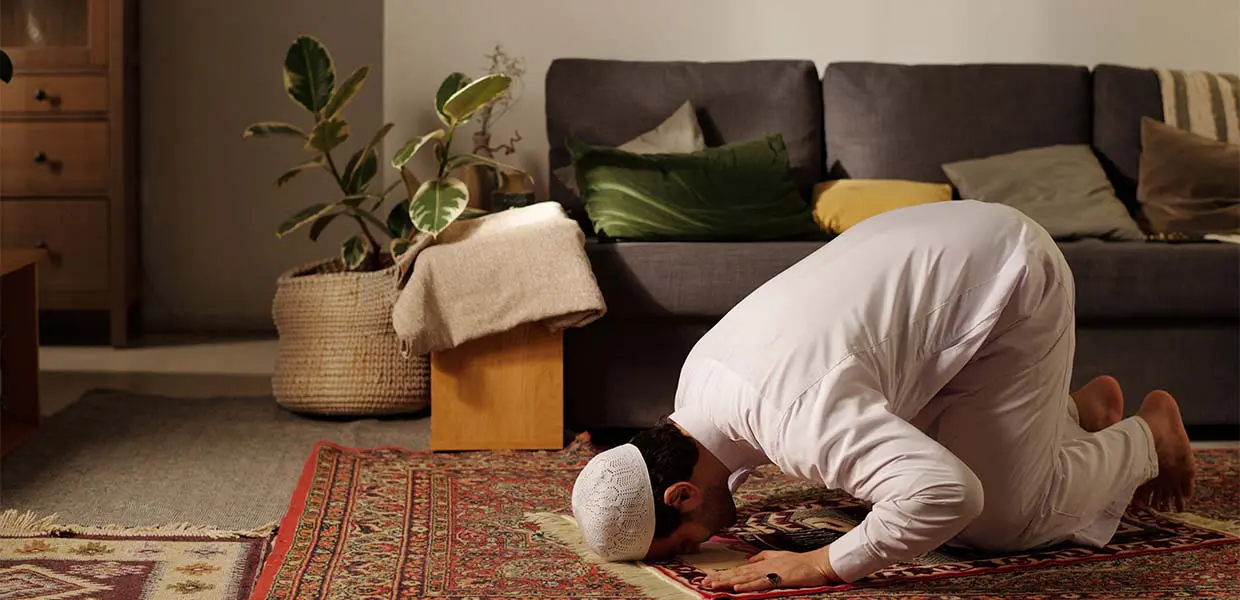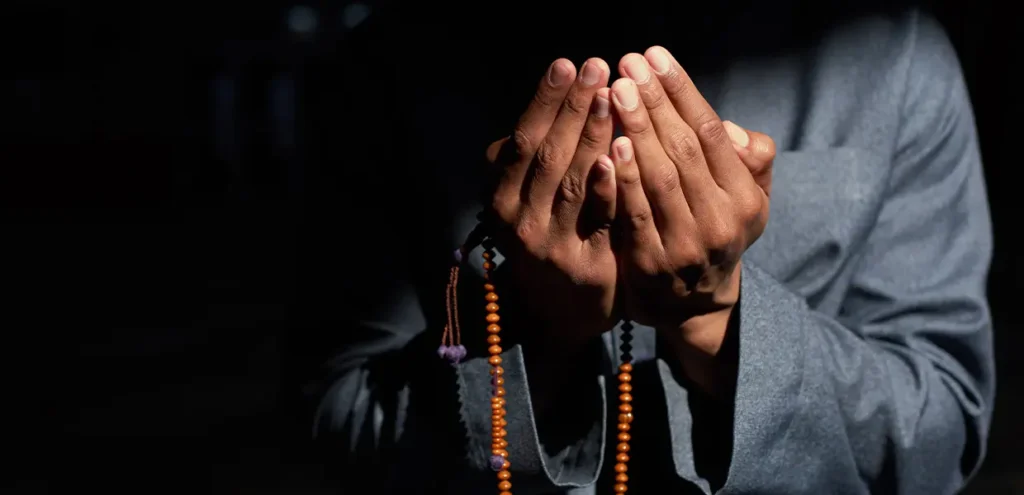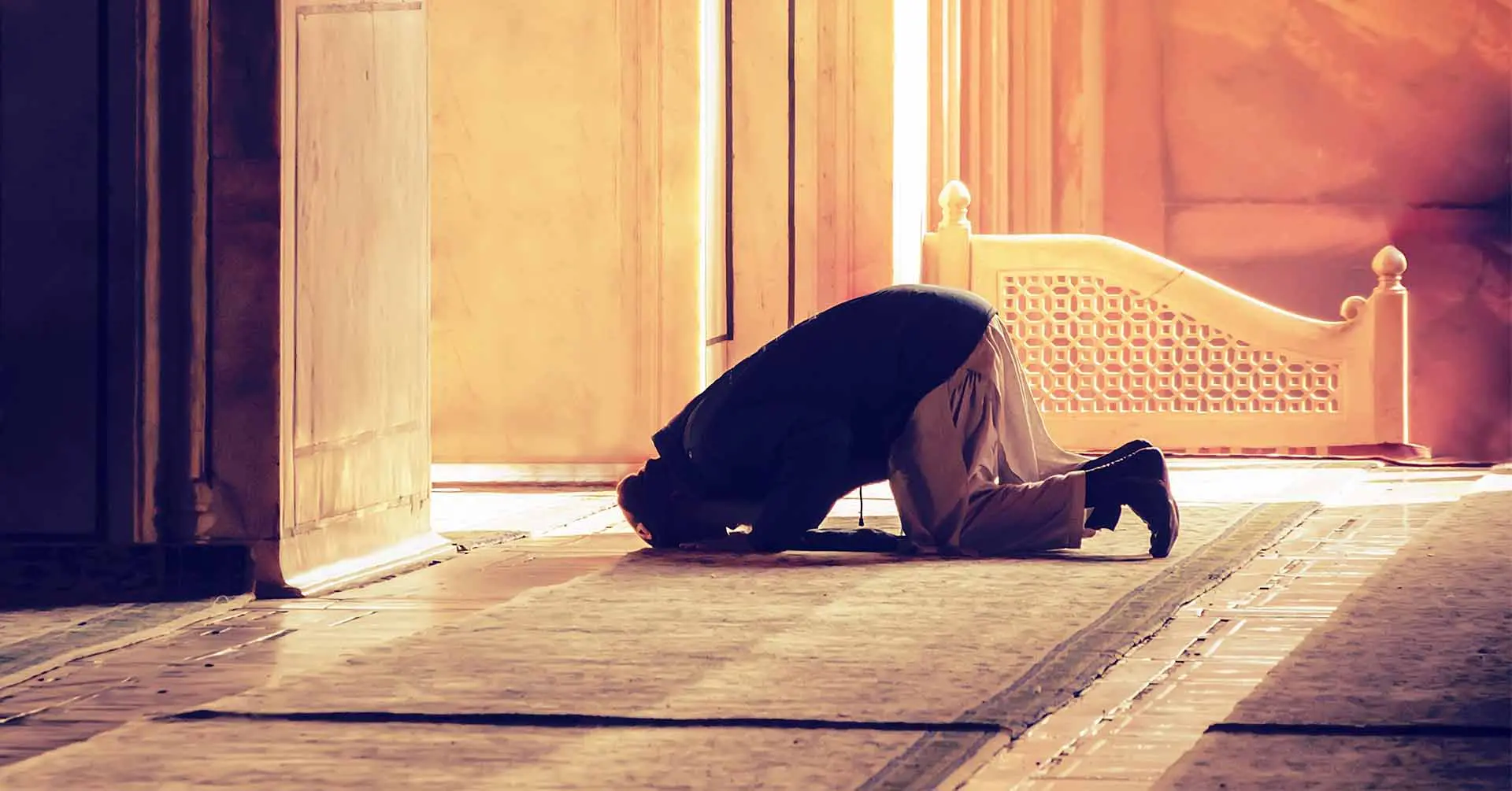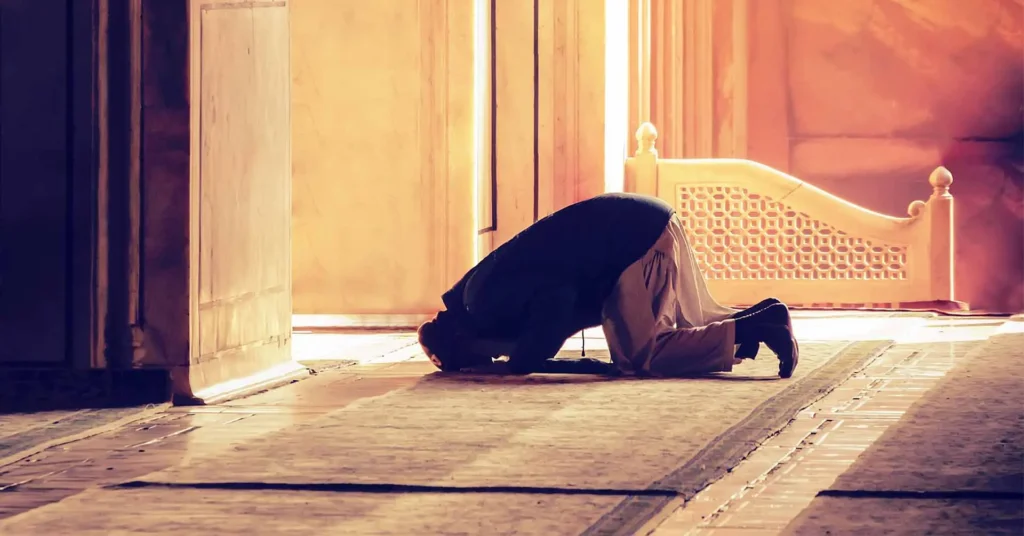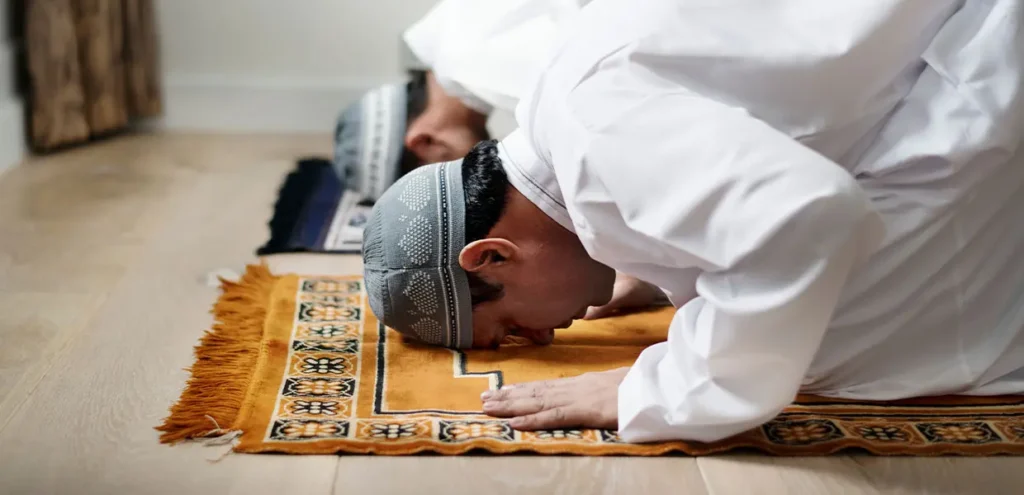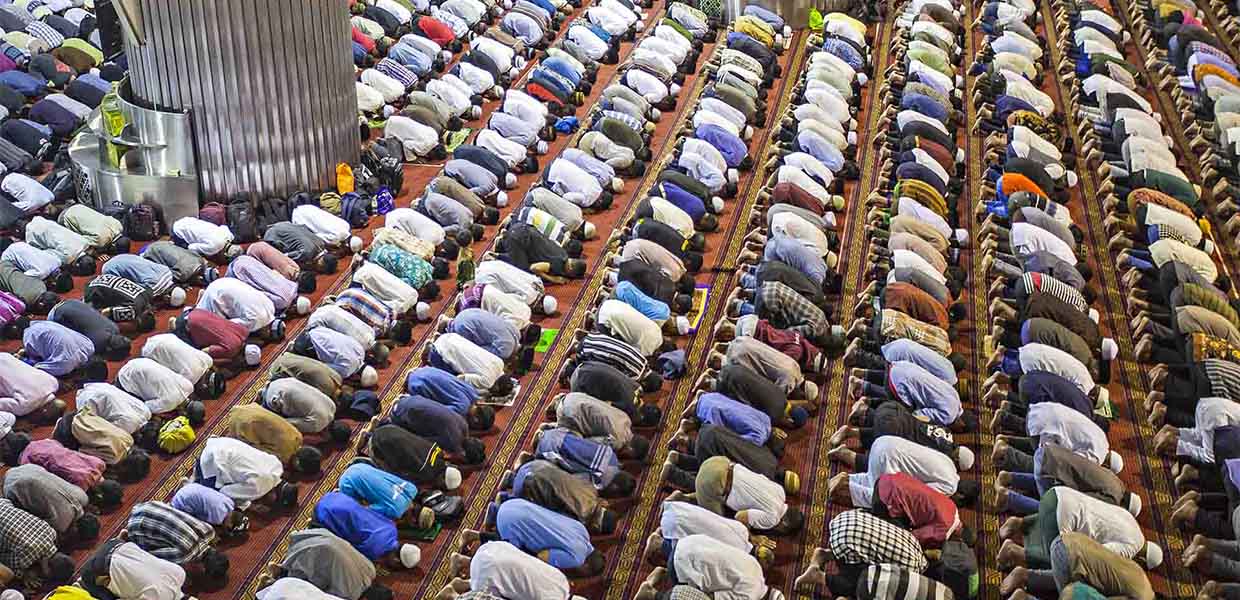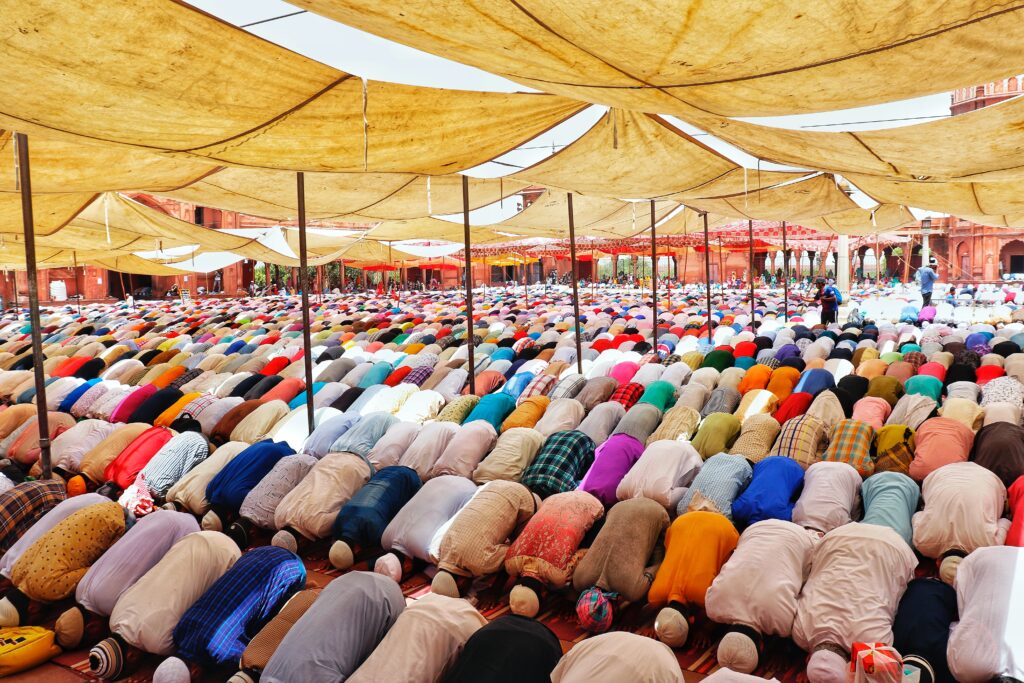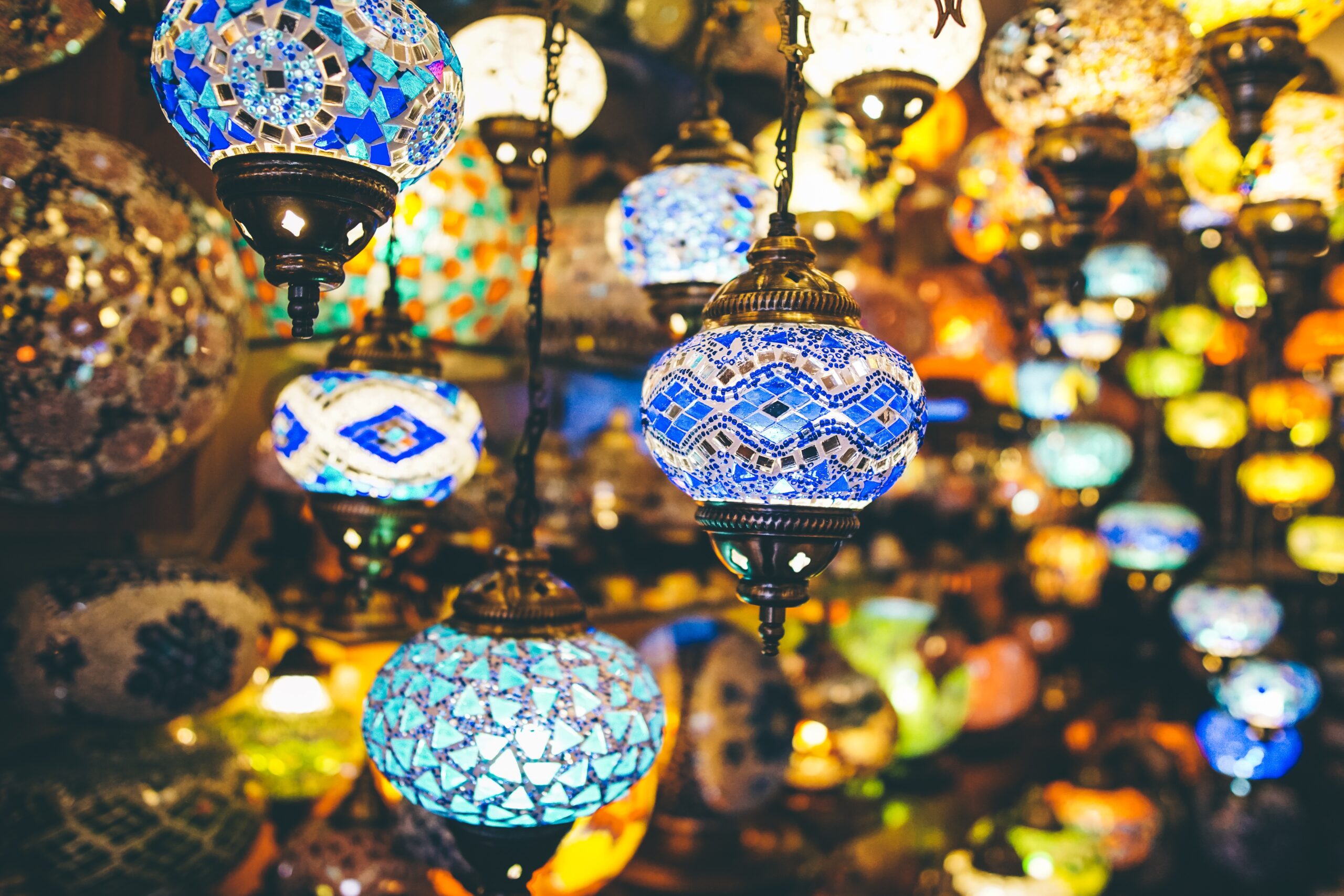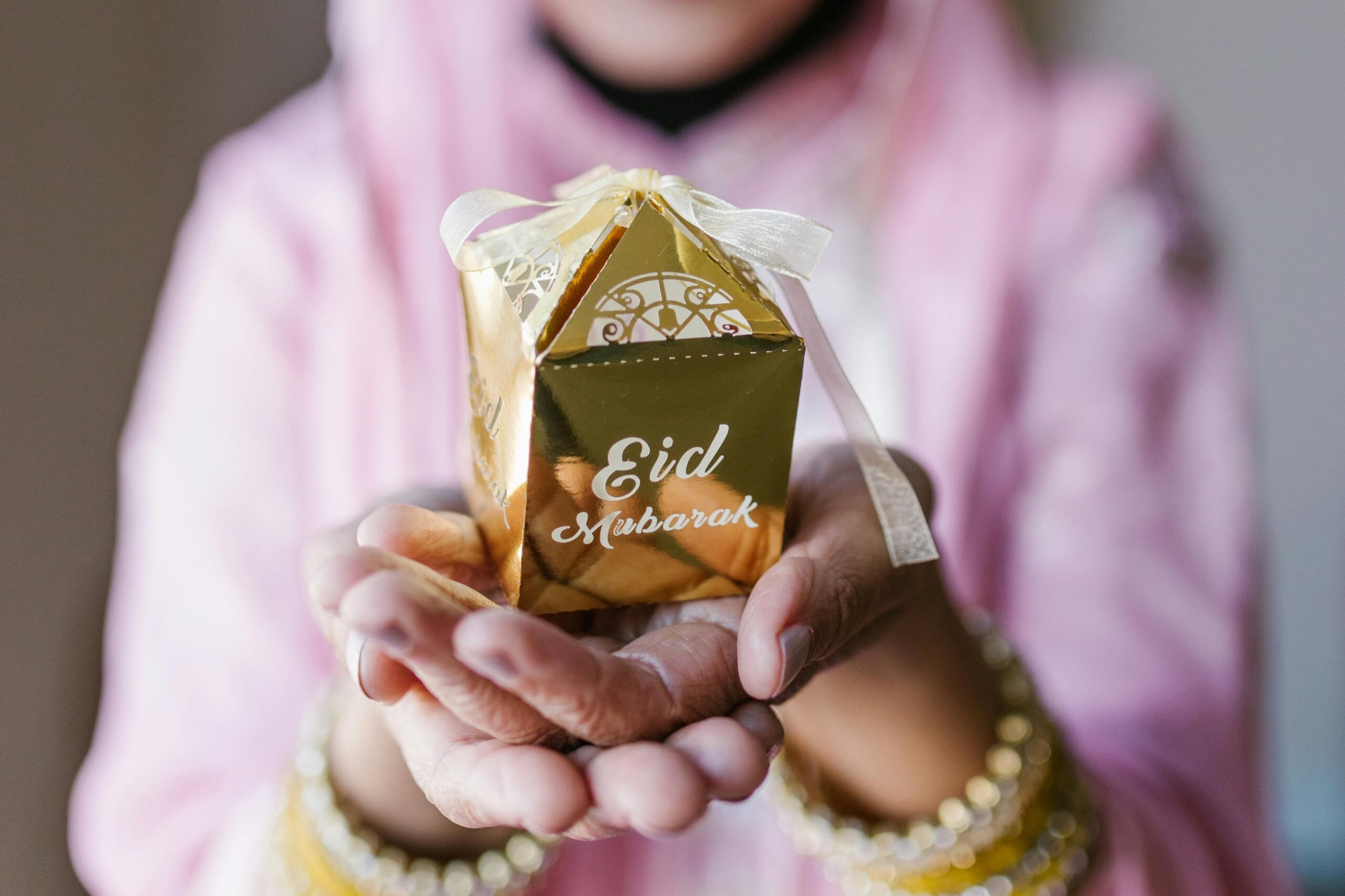
04.09.25
Shawwal: The Importance of the Month after Ramadan
Shawwal. The 10th month of the Islamic calendar.
Many of us know it as the month after Ramadan. A month we begin by celebrating Eid Al-Fitr, a day filled with happiness and festivities.
As it’s the first day of Shawwal we connect with family and friends on Eid al-Fitr. When we pray together, exchange greetings and gifts, and thank Allah (SWT) for allowing us to participate in and enjoy another blessed Ramadan.
It’s also a month when many of us feel sad that Ramadan has passed. As we miss the opportunities for rewards and heightened spirituality we had during the month.
However, there are also many ways to gain more Ramadan-like feelings and rewards in Shawwal.
What is Shawwal? – A month to continue the goodness
Shawwal is the 10th month of the Islamic (Hijri) calendar and begins its first day with Eid Al-Fitr.
It is also renowned for the six days of Shawwal. These are six voluntary fasts one can complete at any time throughout the month of Shawwal (except on Eid al-Fitr) and doing so holds immense rewards.
For the Prophet Muhammad (ﷺ) said:
“Whoever fasts Ramadan and follows it with six days of Shawwal, it will be as if he fasted for a lifetime.”
Muslim
Doing these six fasts is recommended as a means of redeeming any shortcomings in the quality of our fasts in the month of Ramadan. What’s more, they are equivalent to a year of fasting if accepted by Allah (SWT).
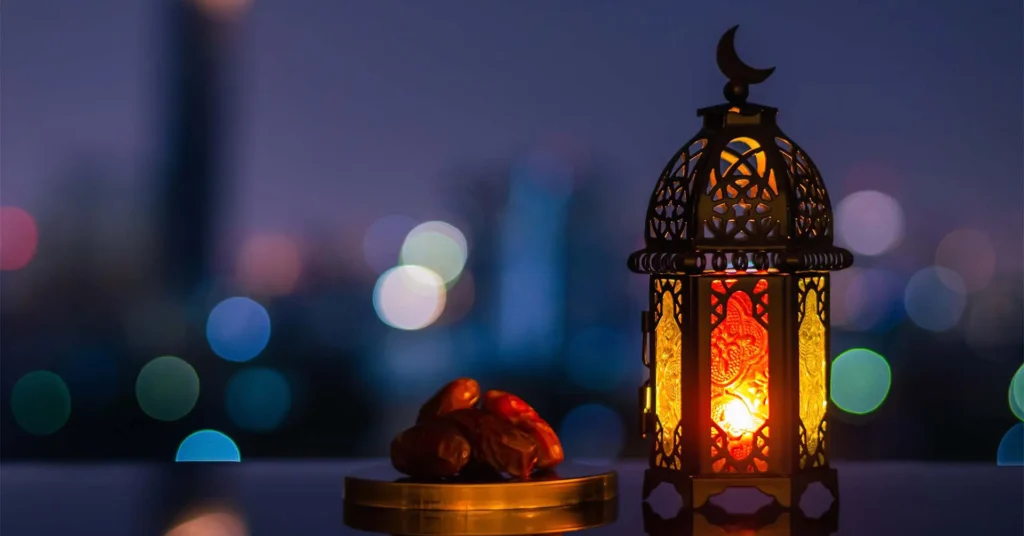
Scholars have also considered one’s intention to fast the six days of Shawwal as a sign that their observation of Ramadan has been accepted.
In fact, Ibn Rajab (RA) said that doing these fasts would be a way of demonstrating our gratitude to Allah (SWT). For the blessings, mercy, and reward that Ramadan has to offer.
“[Allah wants] for you to complete the period and to glorify Allah for that [to] which He has guided you; and perhaps you will be grateful”
Qur’an 2:185
As such, Shawwal marks a precious time to reflect on and continue the good habits we gained in the preceding month: the blessed month of Ramadan. An important month to centre the mind, body and soul for the remainder of the year and beyond.
Key Dates in Shawwal: Eid Al-Fitr
The first day of Shawwal is also when Muslims celebrate Eid Al-Fitr, one of the celebrations recognised in Islam. The other is Eid al-Adha, observed on the 10th day of Dhul Hijjah, the last month of the Islamic Calendar.
On Eid al-Fitr, Muslims come together to enjoy the reward of observing and completing the holy month of Ramadan. They attend the Eid prayer and pay Zakat al-Fitr. It is also a day of festivities. When community members dress their best and exchange greetings, gifts and food with family and friends.
The First Month of the Hajj Period
Shawwal is the first of three months (before the month of Dhul Hijjah) in which some of the acts of Hajj can begin to be performed, such as the Tawaf of Arrival. The period of Hajj also begins in Shawwal, which is otherwise called Ash-hur Al-Hajj or the months of Hajj.
When does Shawwal begin and end?
The sighting of the new moon of Shawwal signifies the end of the holy month of Ramadan, and the beginning of Eid al-Fitr and its festivities.
This year, the first day of Shawwal began on the evening of Sunday, March 30, 2025. Eid prayer and the festivities of Eid al-Fitr took place the following day Monday, March 31, 2025. Shawwal 2025 will likely end on April 28, 2025, depending on the sighting of the moon.
The six voluntary fasts of Shawwal can take place at any time throughout the month. However, one cannot fast on the first day of the month, as it is forbidden to fast on Eid al-Fitr.
“The Prophet (ﷺ) forbade fasting on the day of al-Fitr and al-Nahr.”
Sahih Bukhari
Keep the blessings of Ramadan going
With our spirituality renewed, we all want to keep hold of that feeling at the end of Ramadan – that closeness to Allah (SWT). SubhanAllah, the deeds most loved by Allah are those done regularly – even if they are small.
The Prophet Muhammad (ﷺ) said, “The most beloved deed to Allah is the most regular and constant even if it were little.”
Sahih Bukhari
So don’t let go of that feeling – hold on to Allah (SWT)’s love. Giving regularly, even just $10 a month can help transform the lives of communities suffering the effects of conflict and natural disasters.
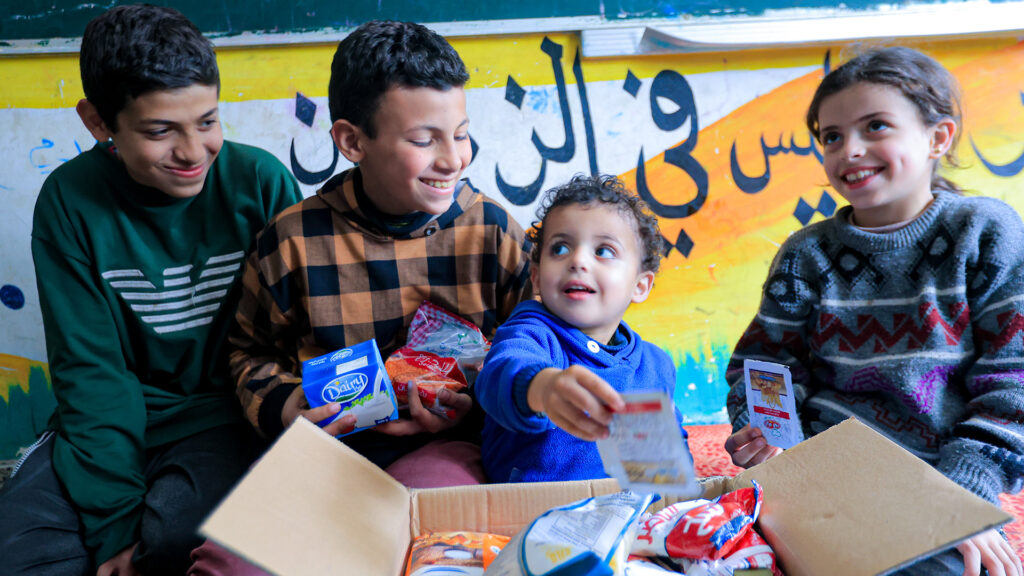
Don’t miss out on the chance to earn immense rewards
Keep the blessings of Ramadan going. Make the most of month of Shawwal with your giving. In big and small ways, your support saves lives in Gaza, Sudan and more.

